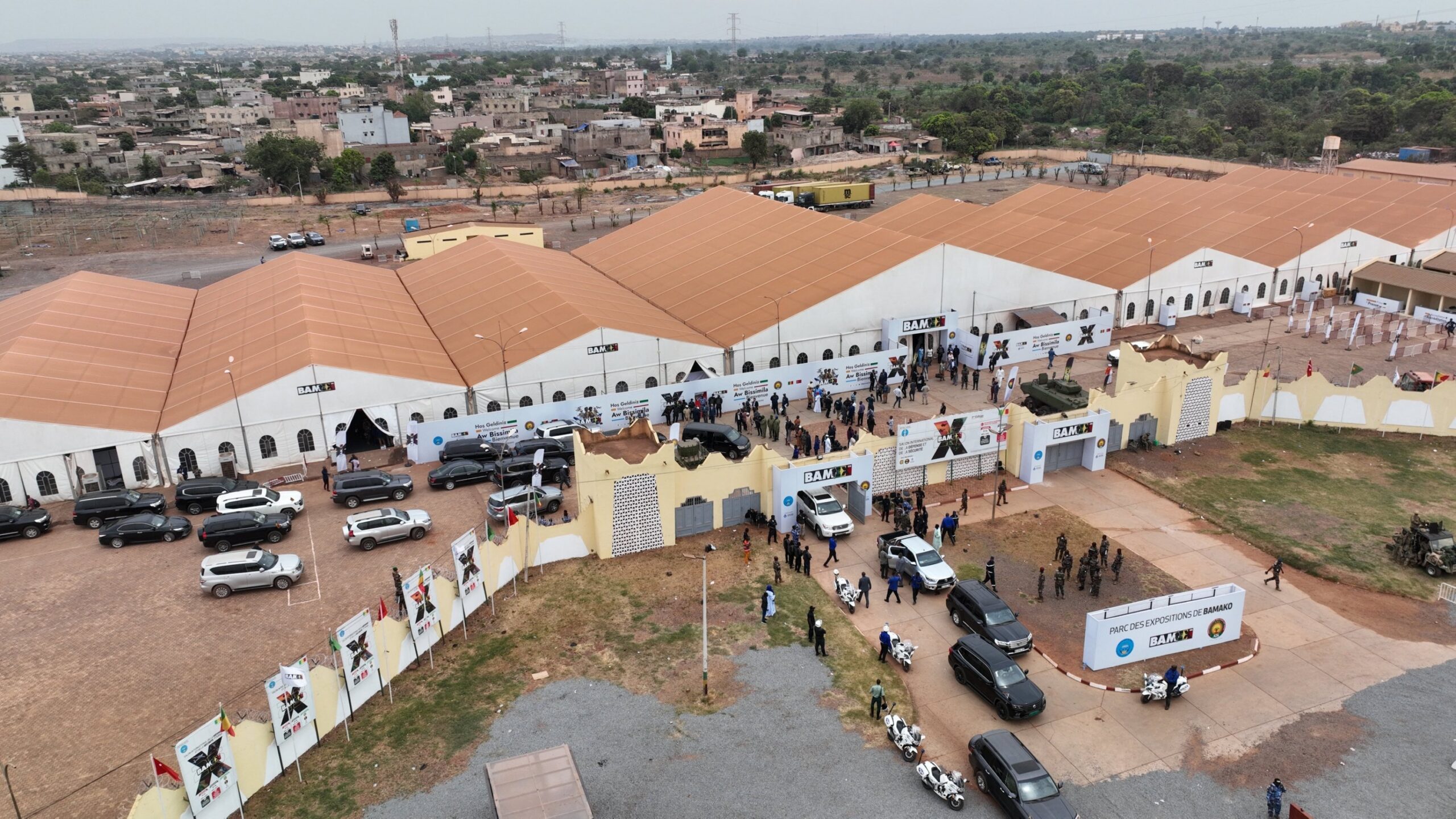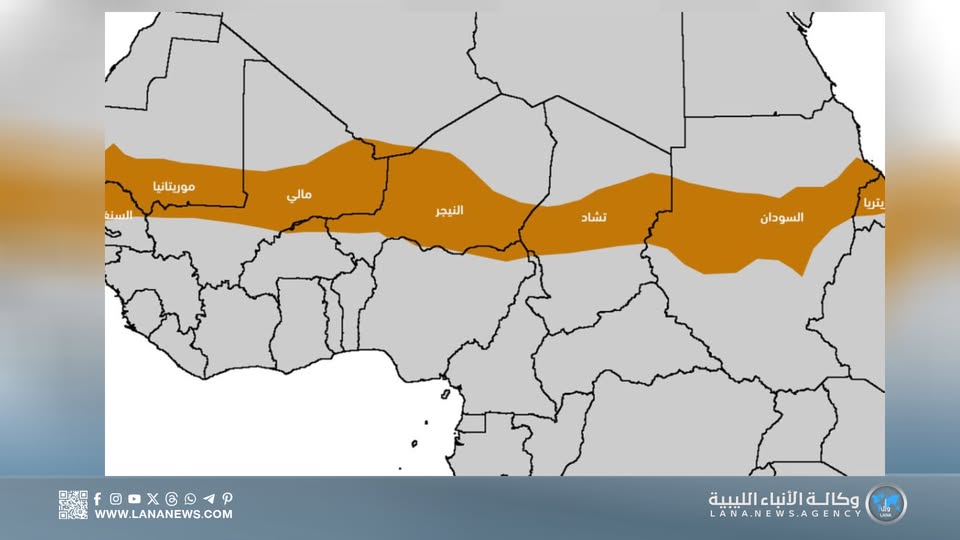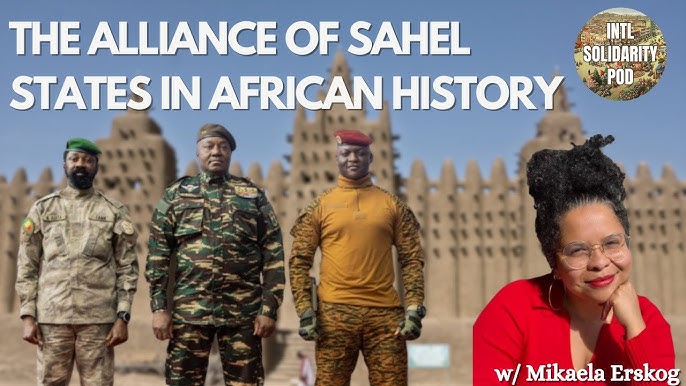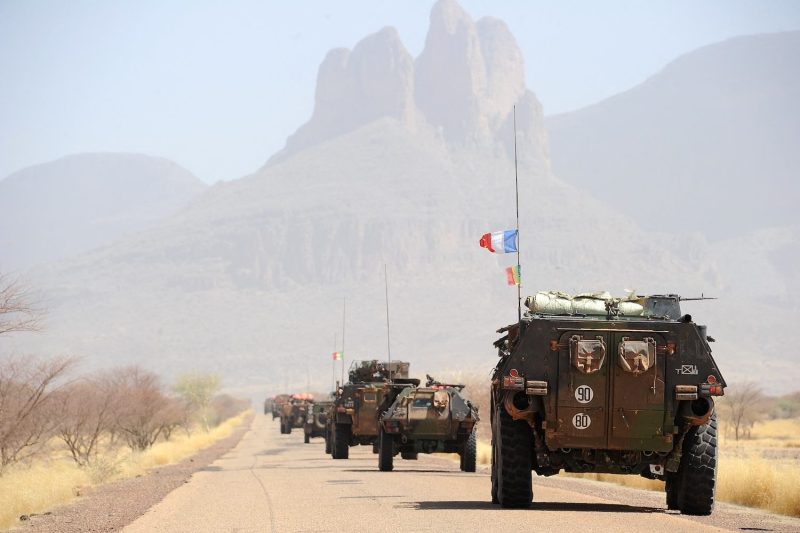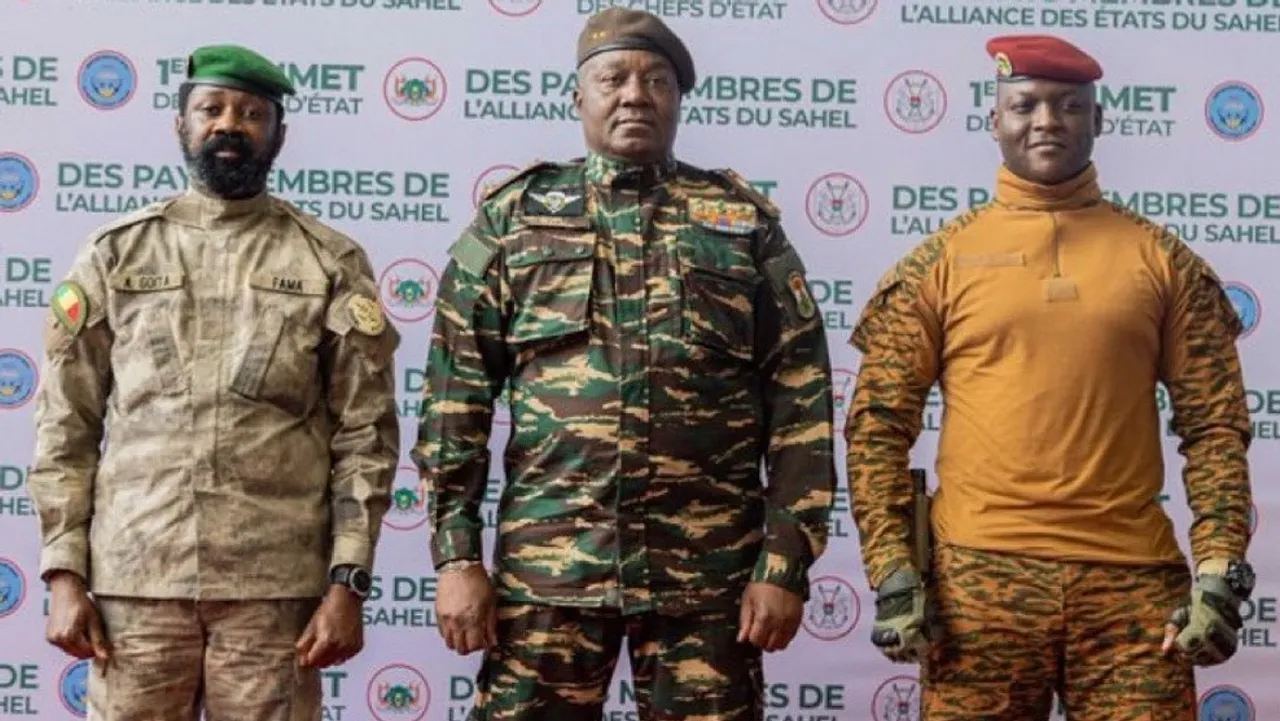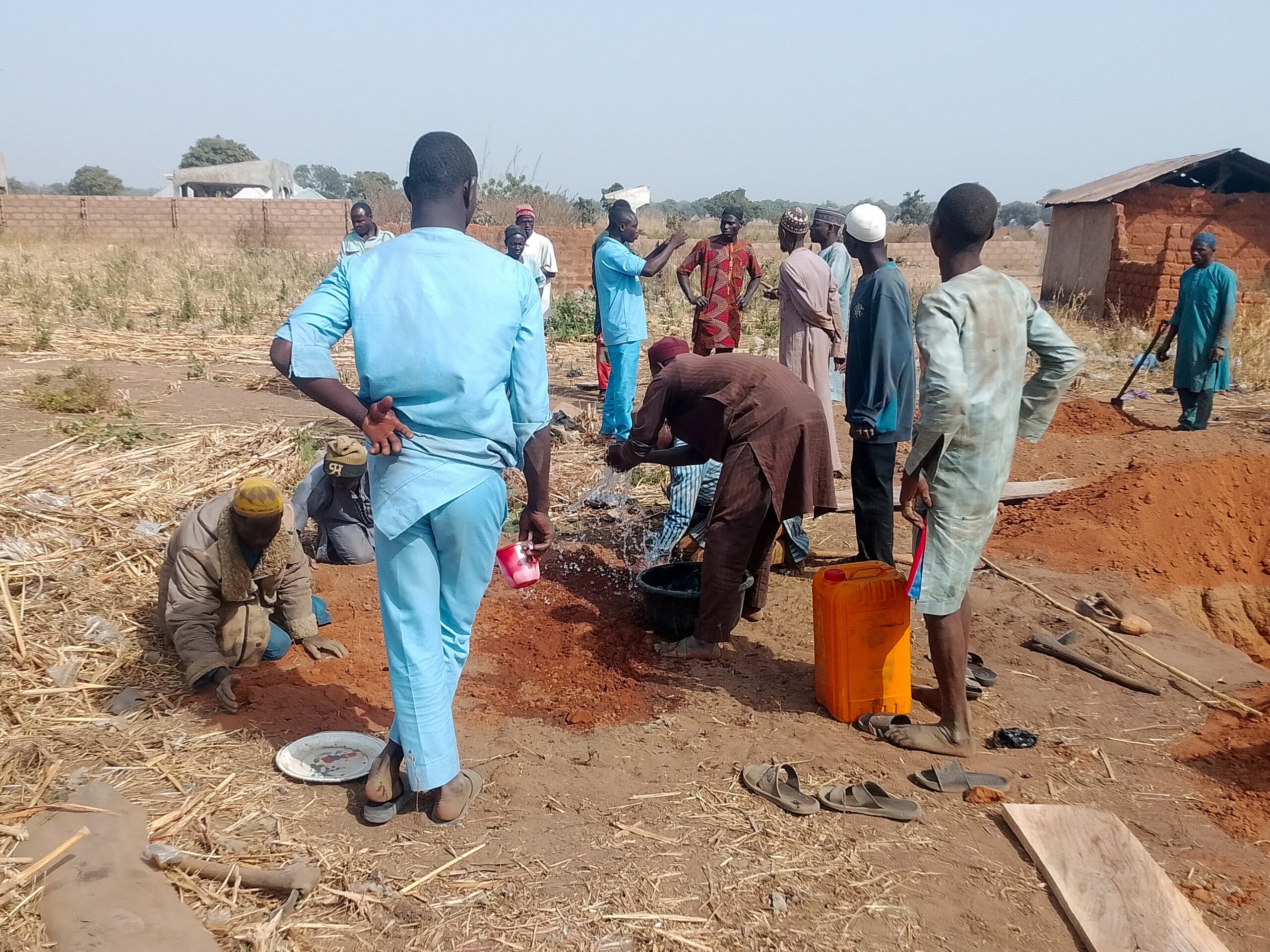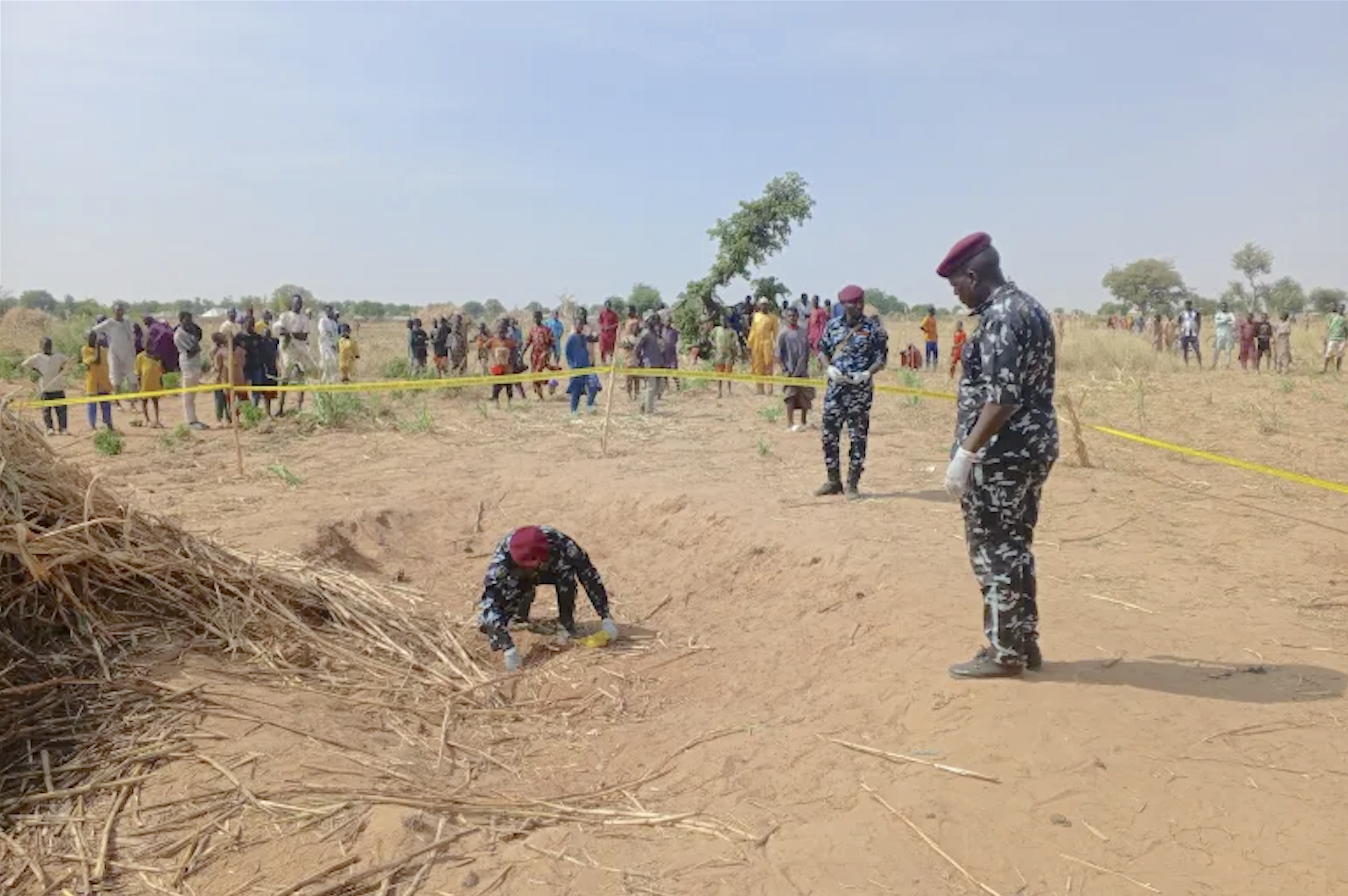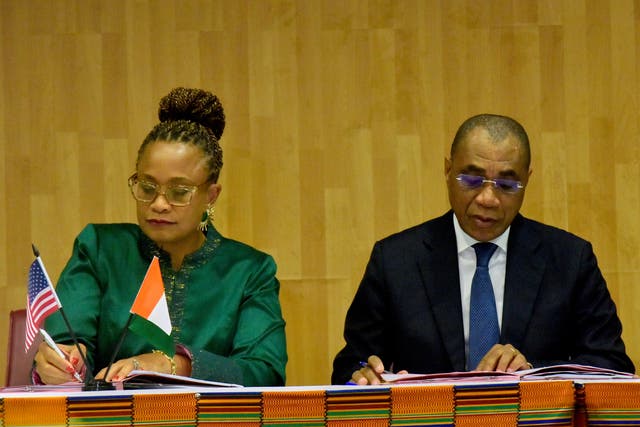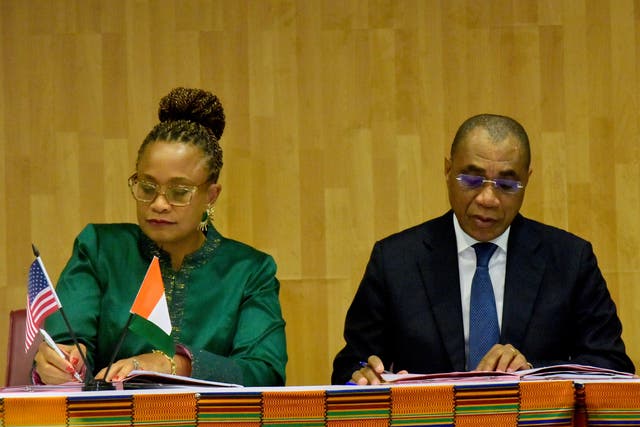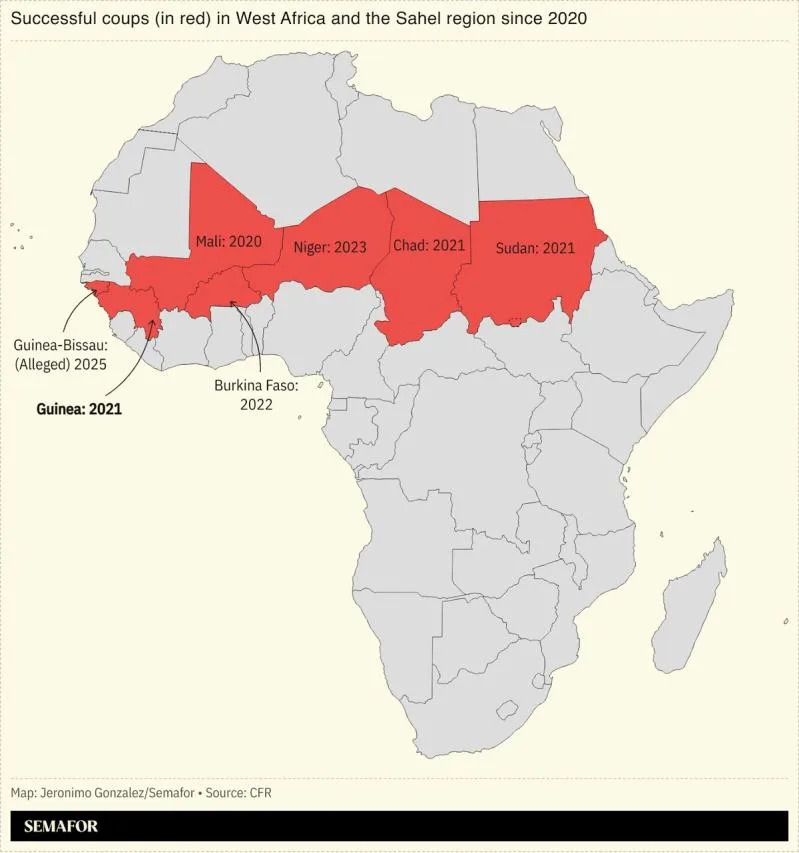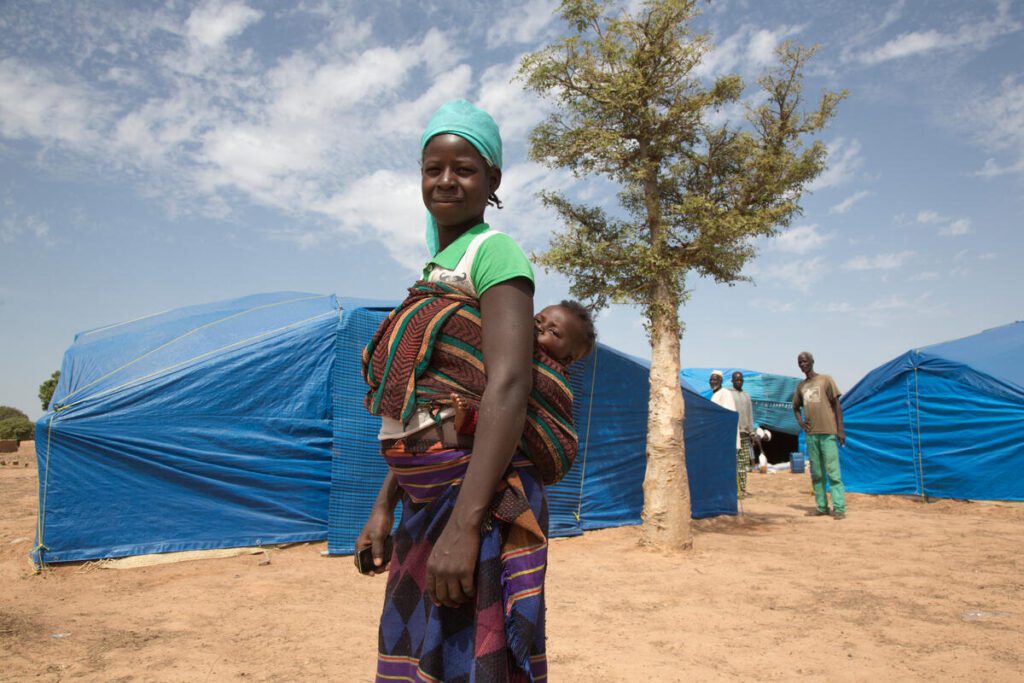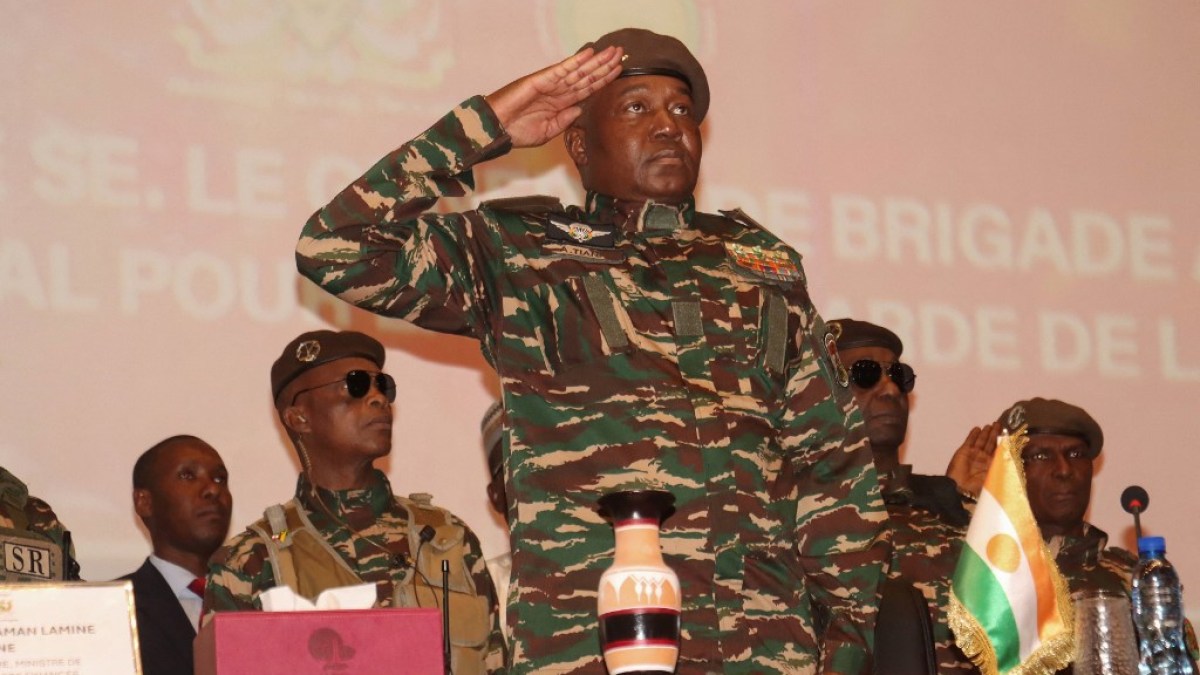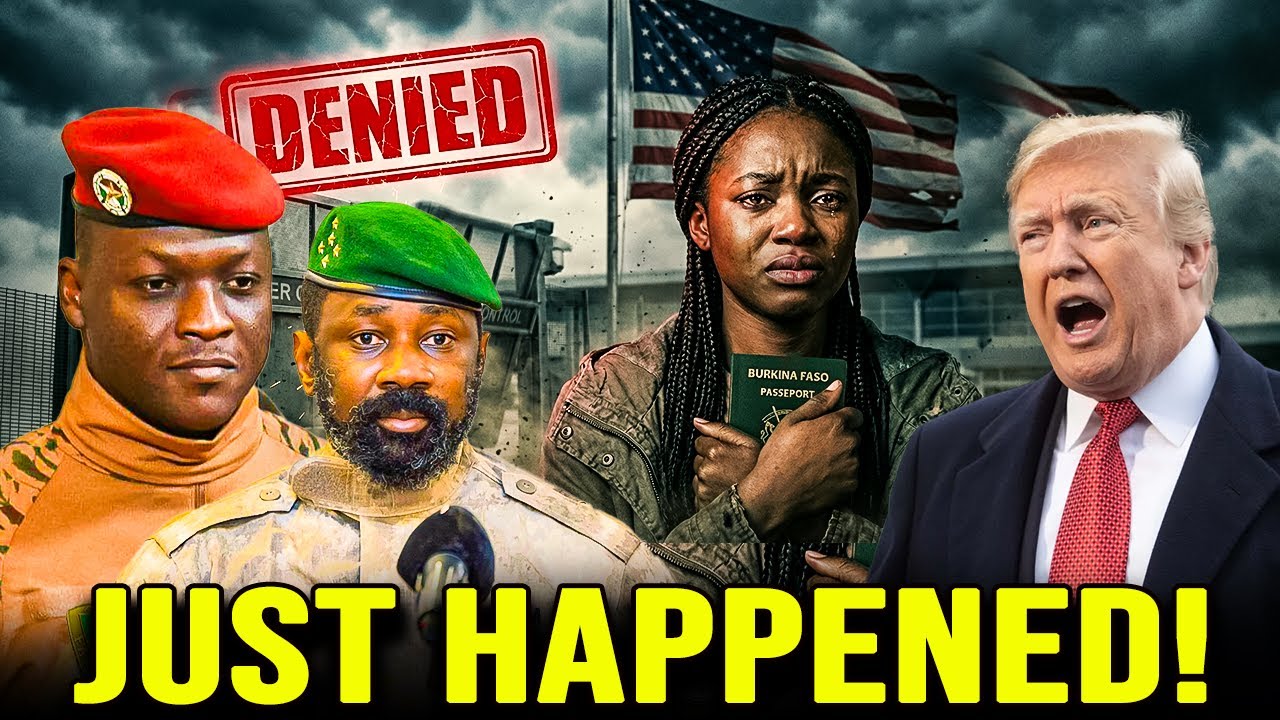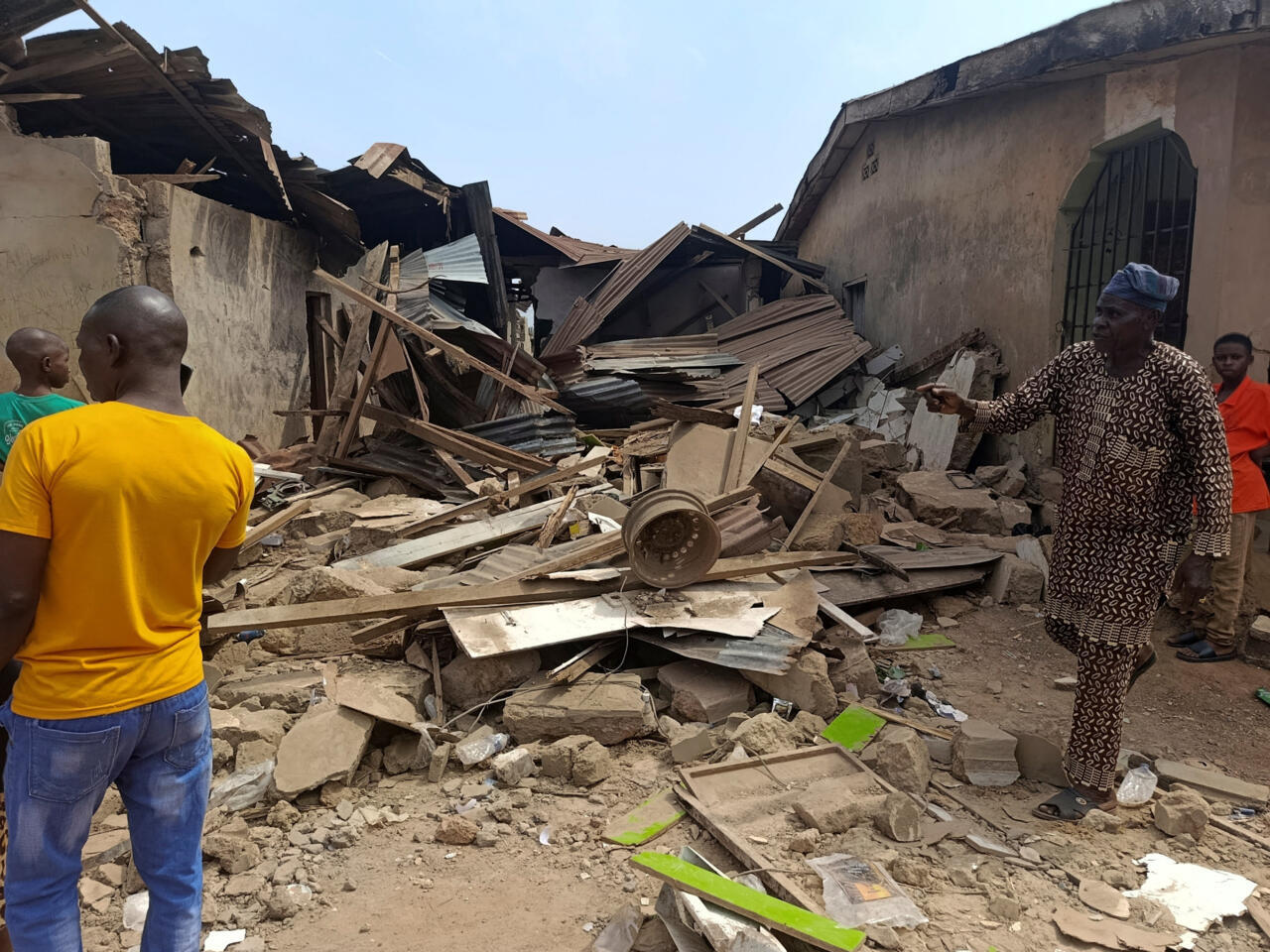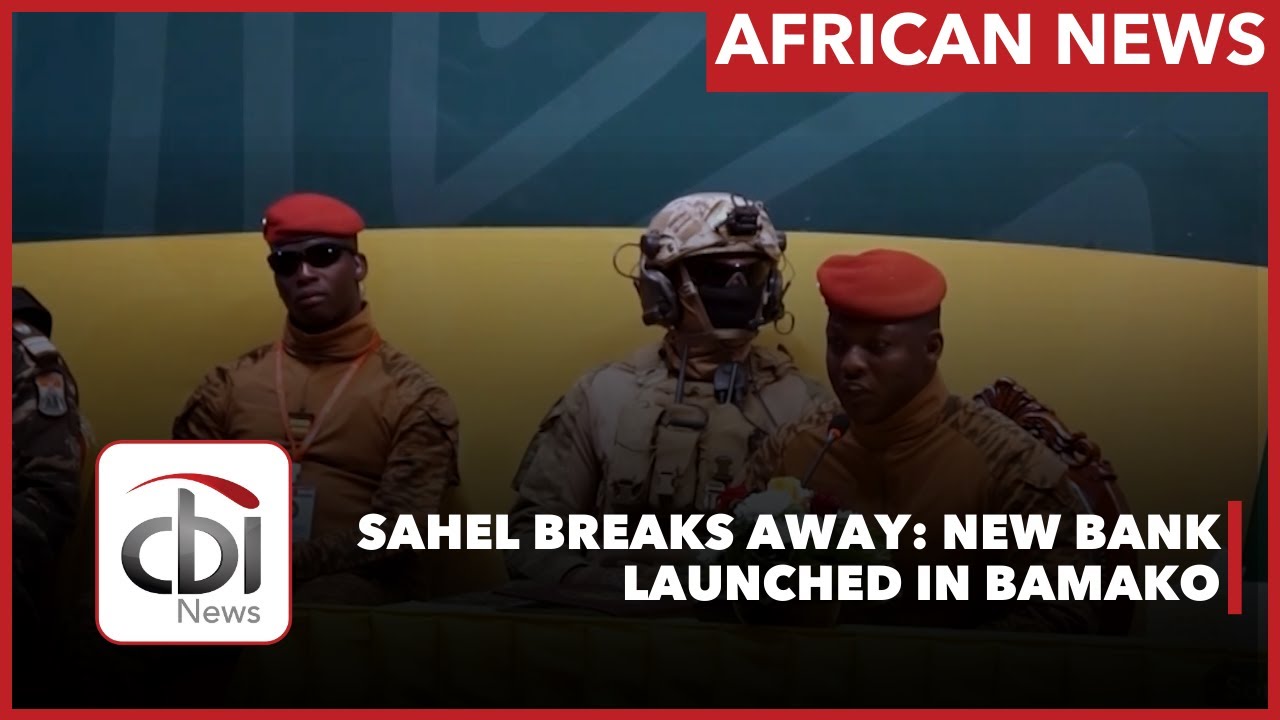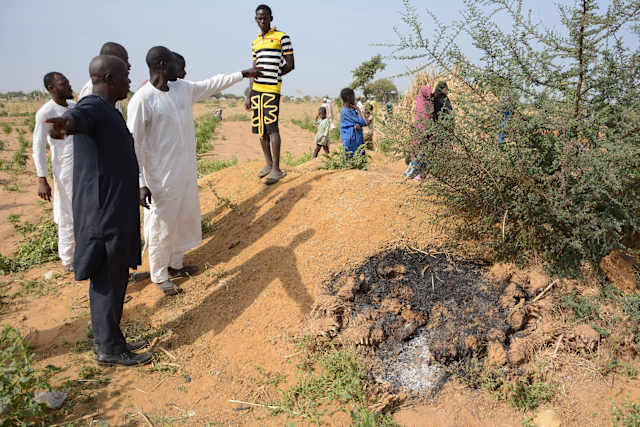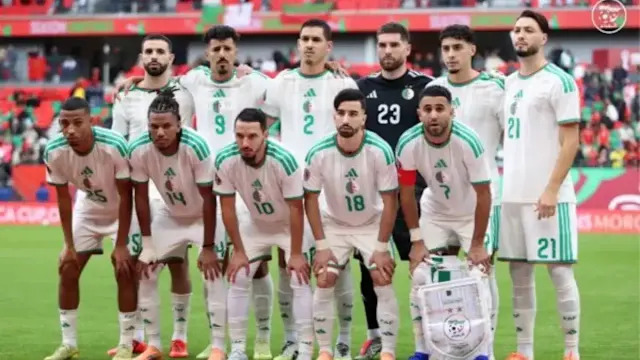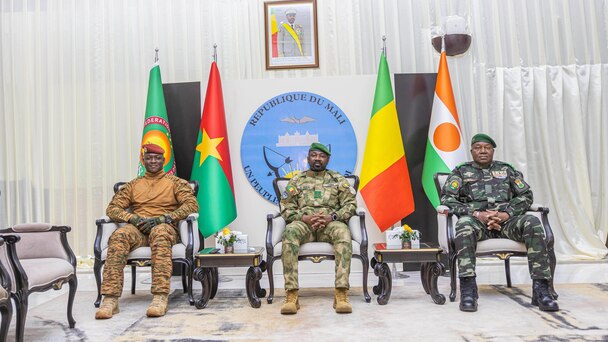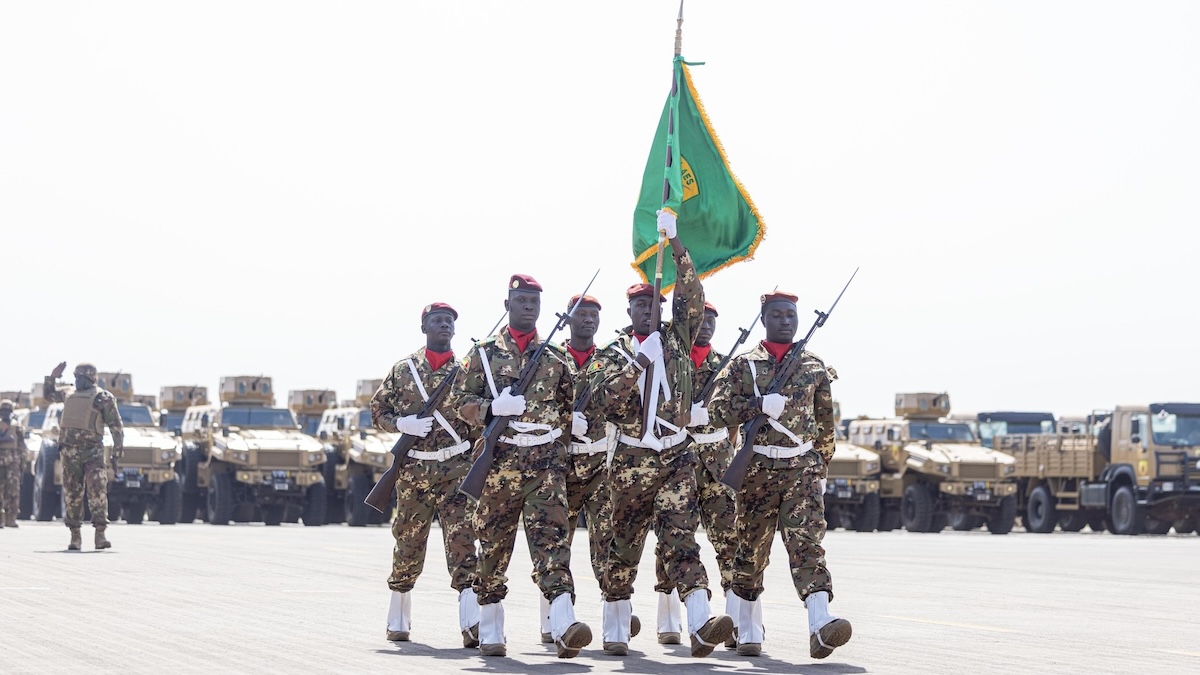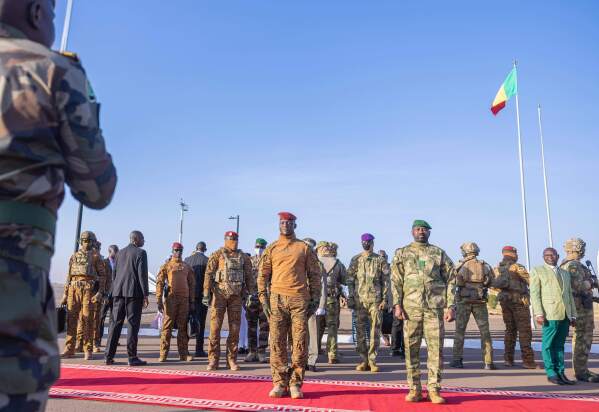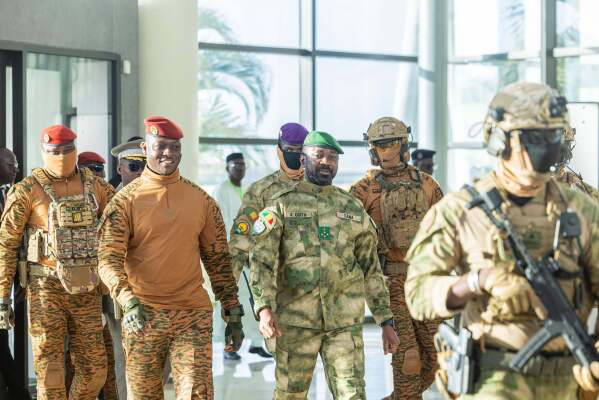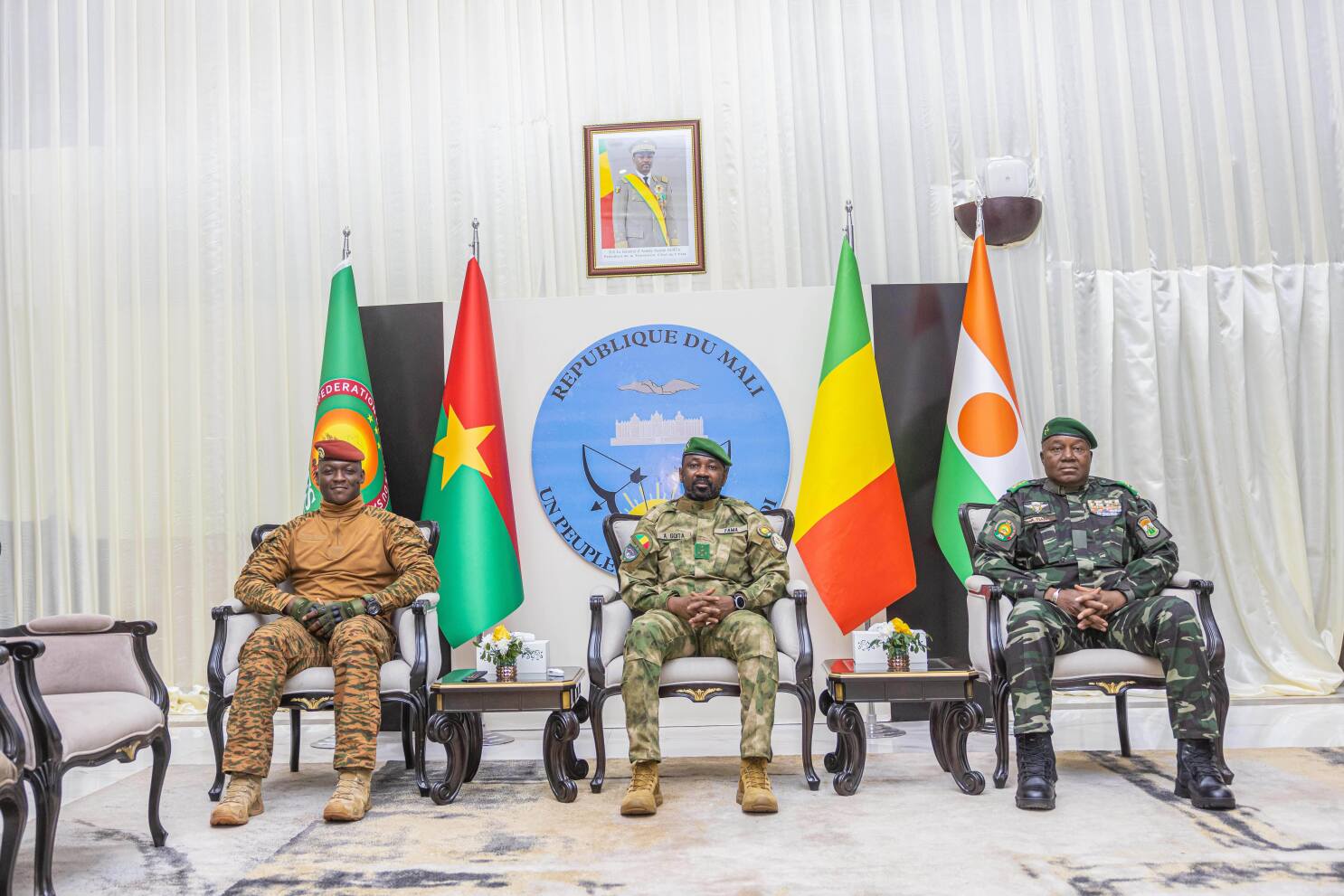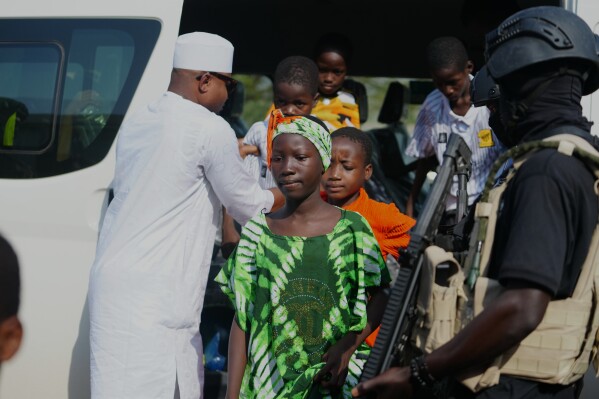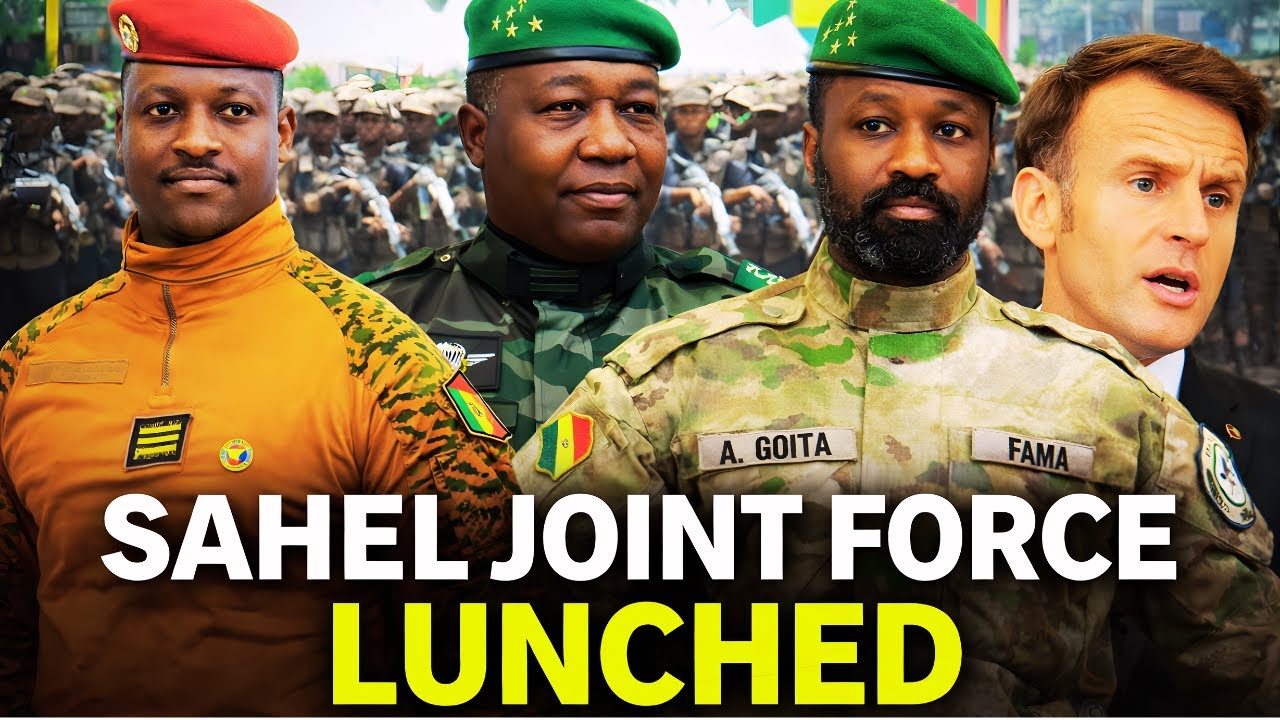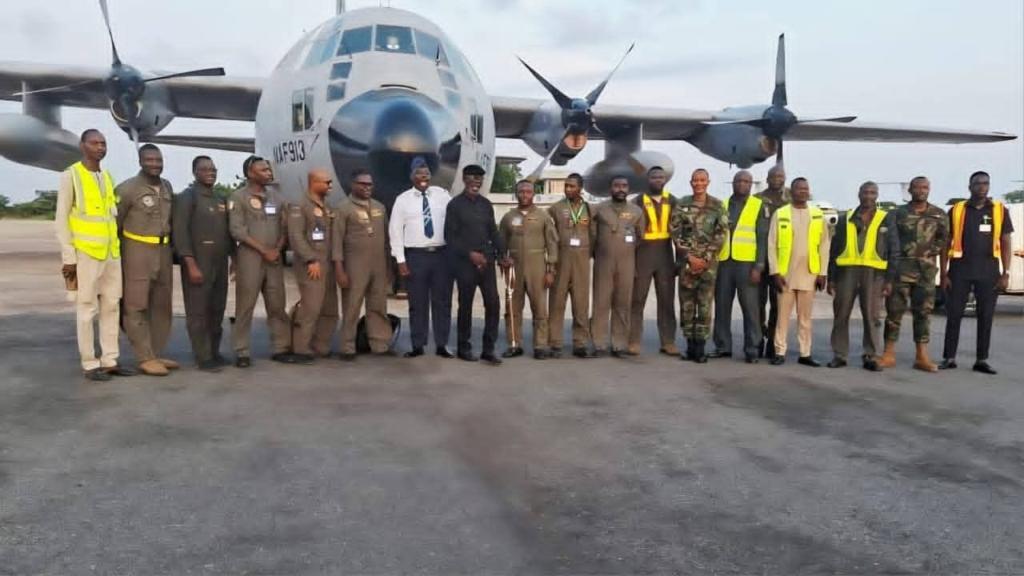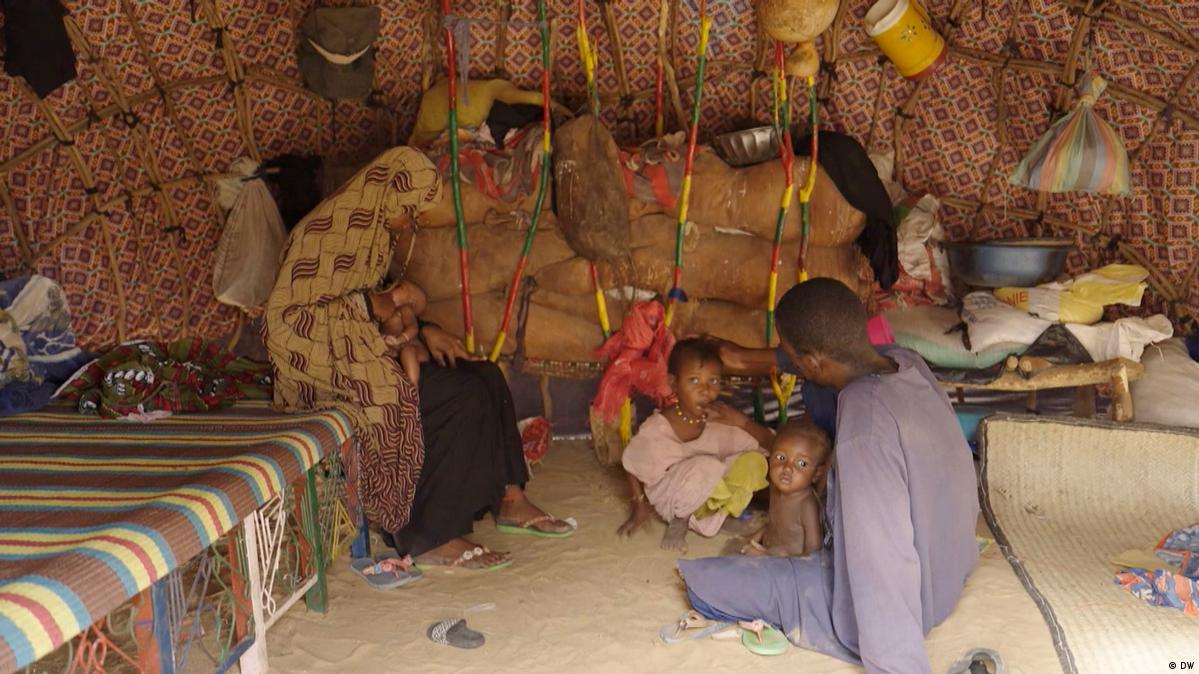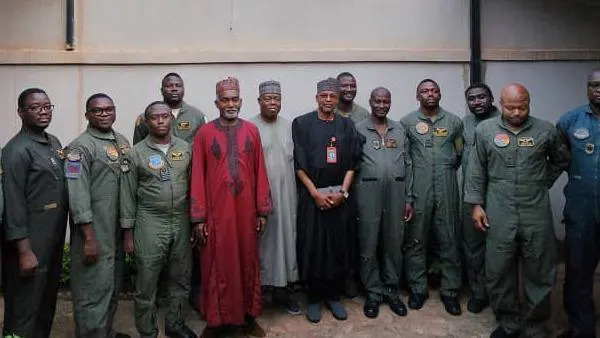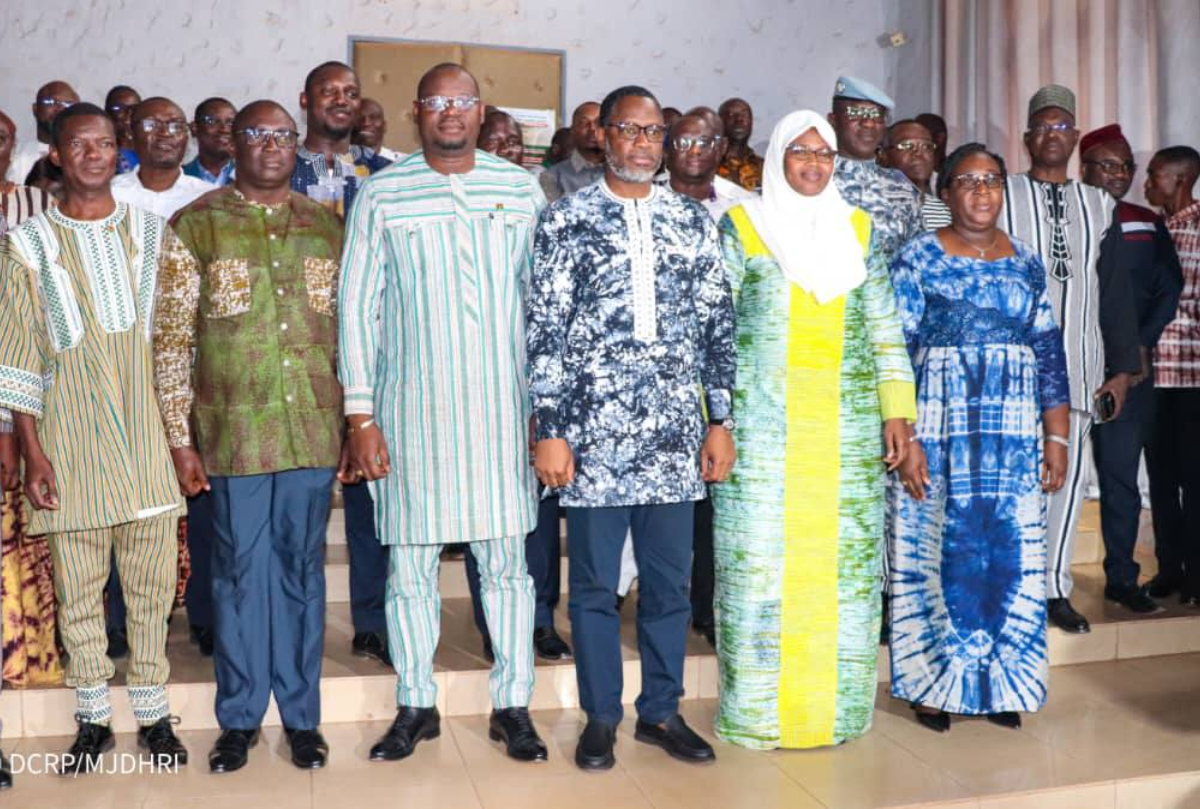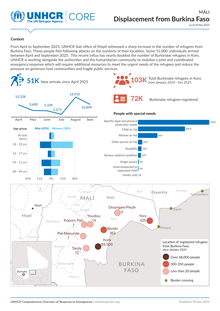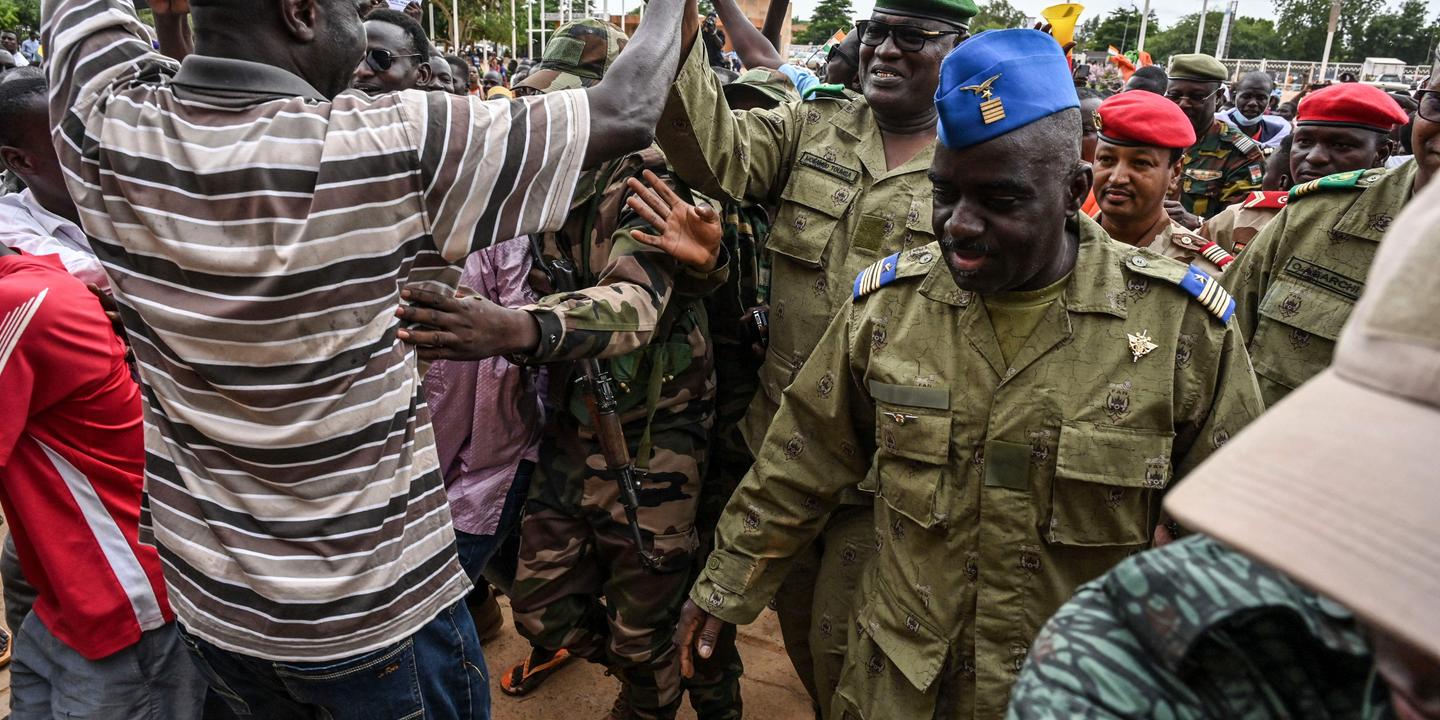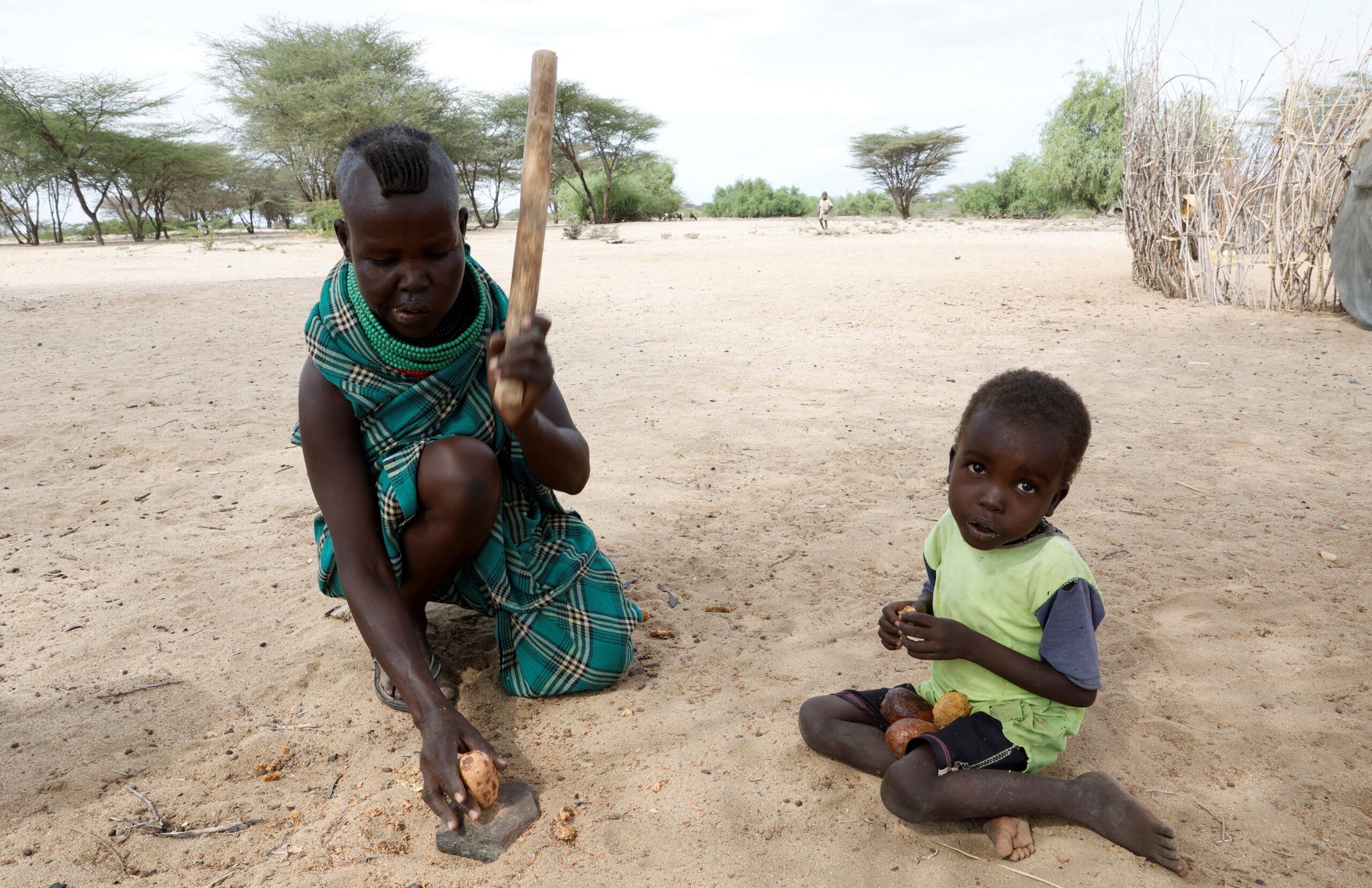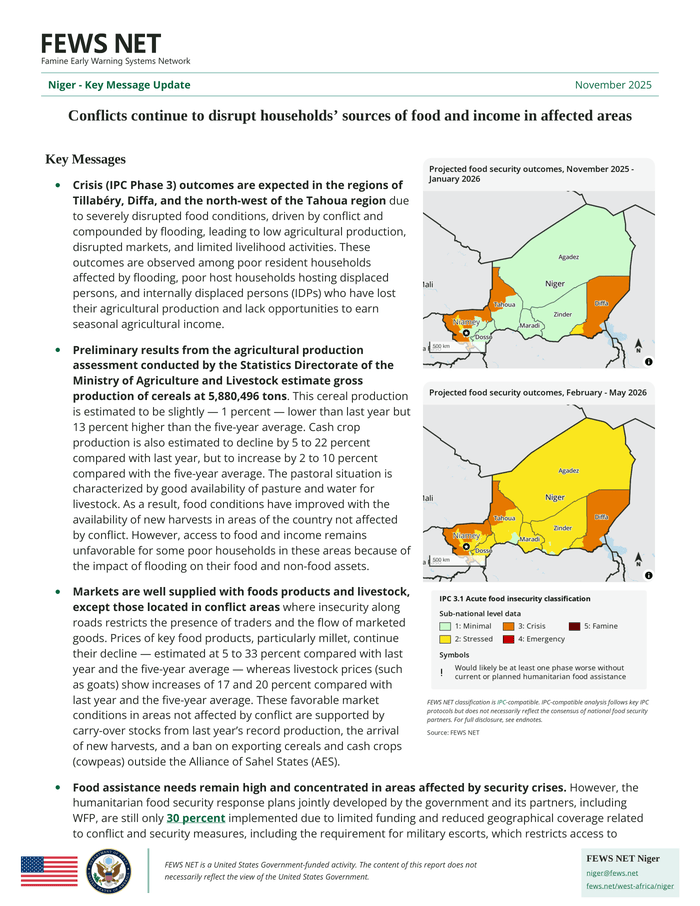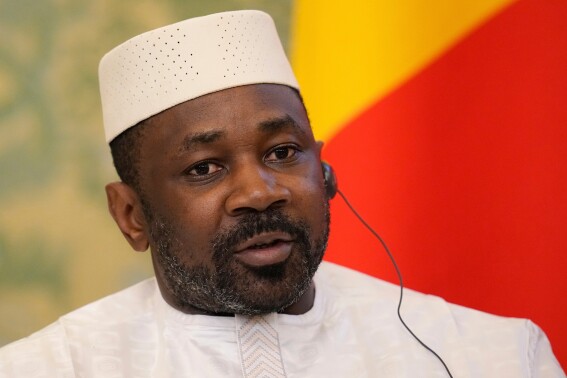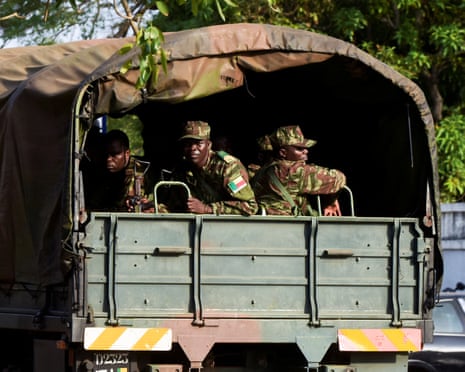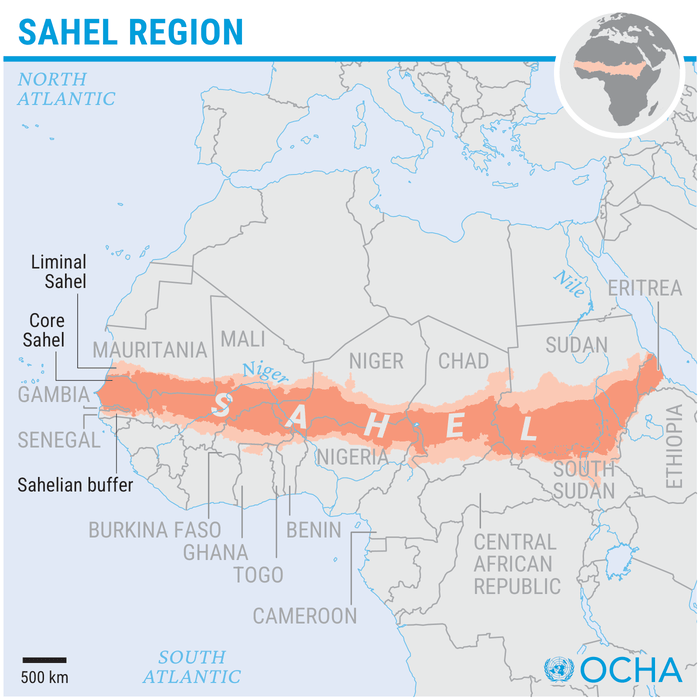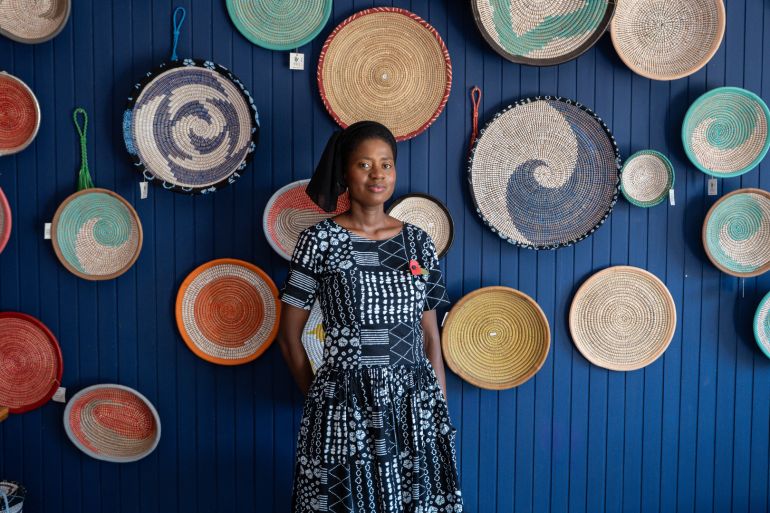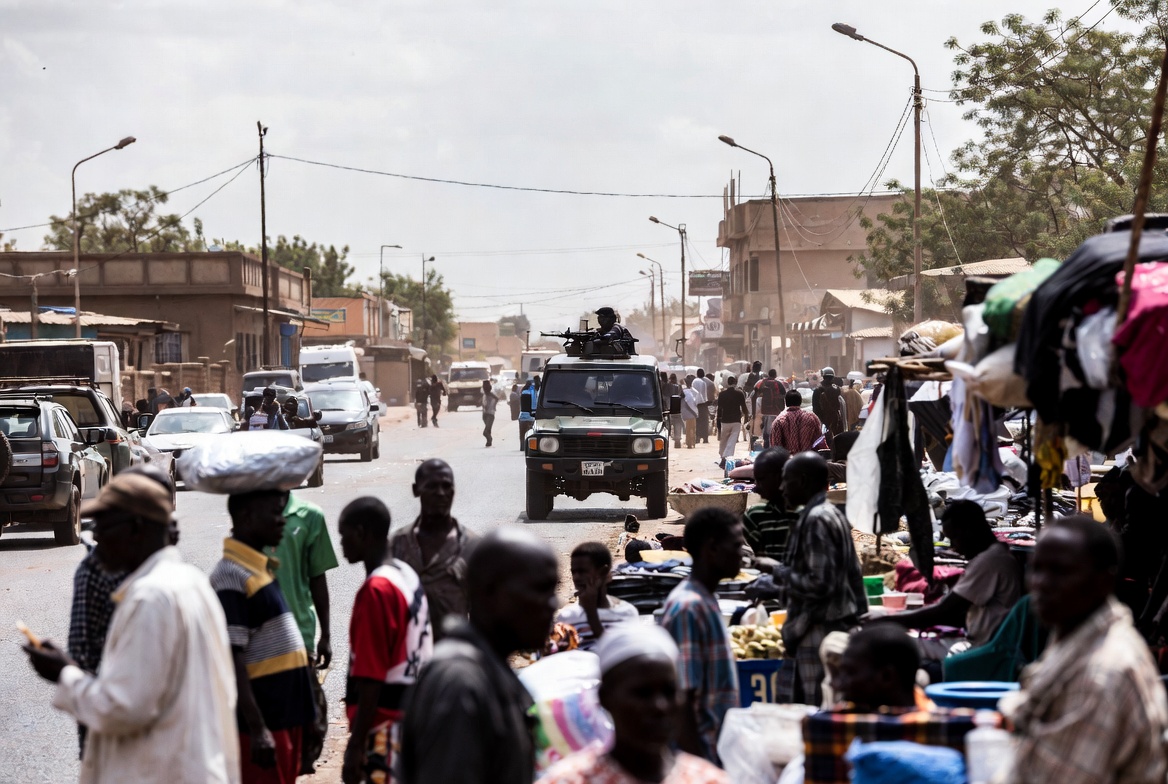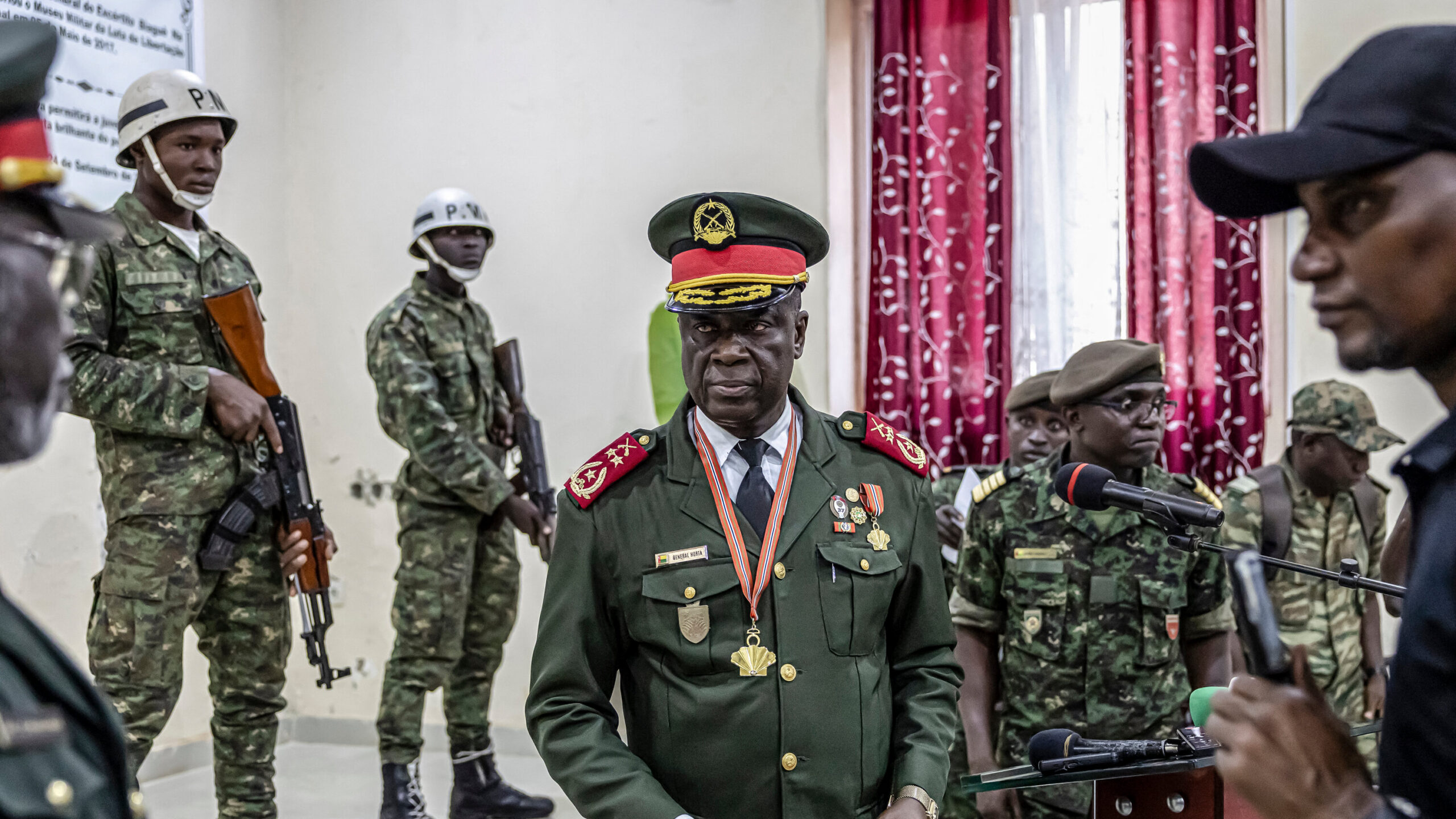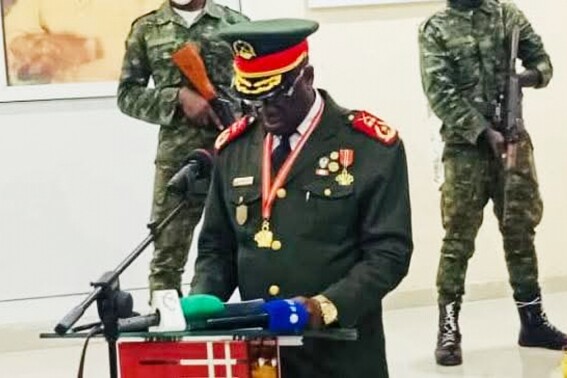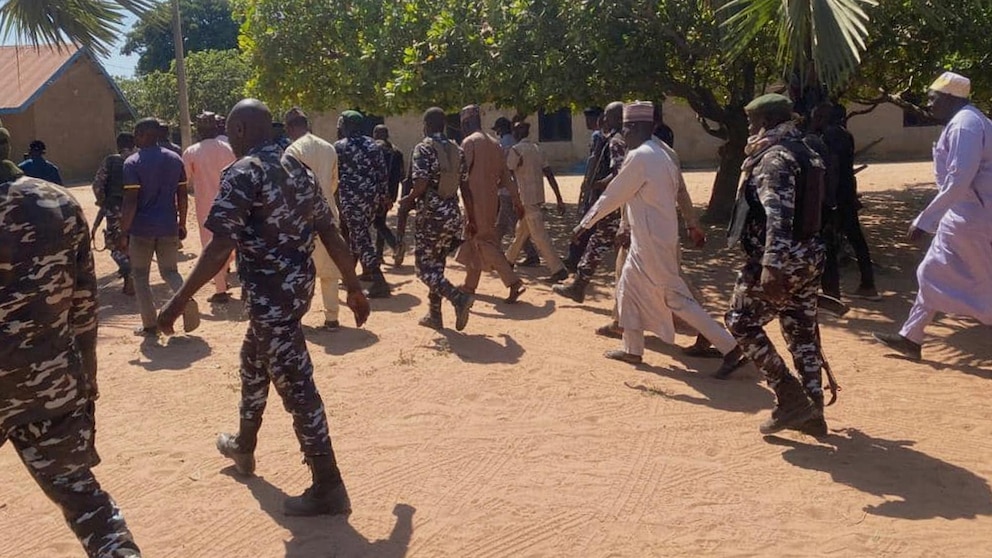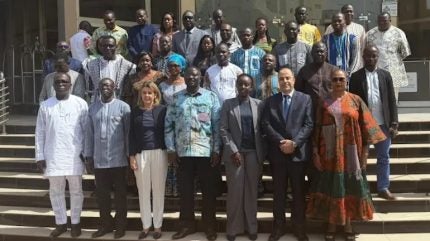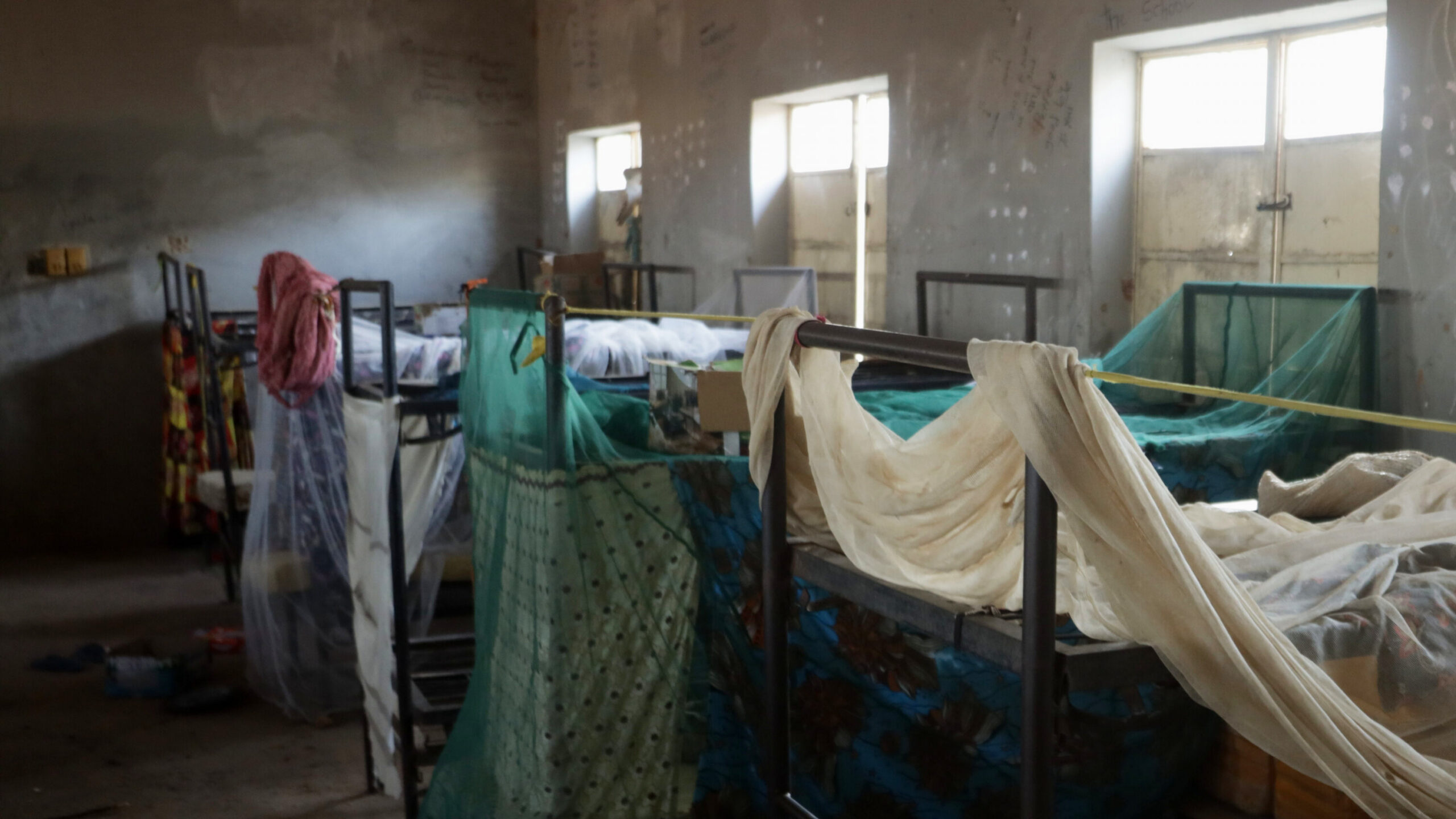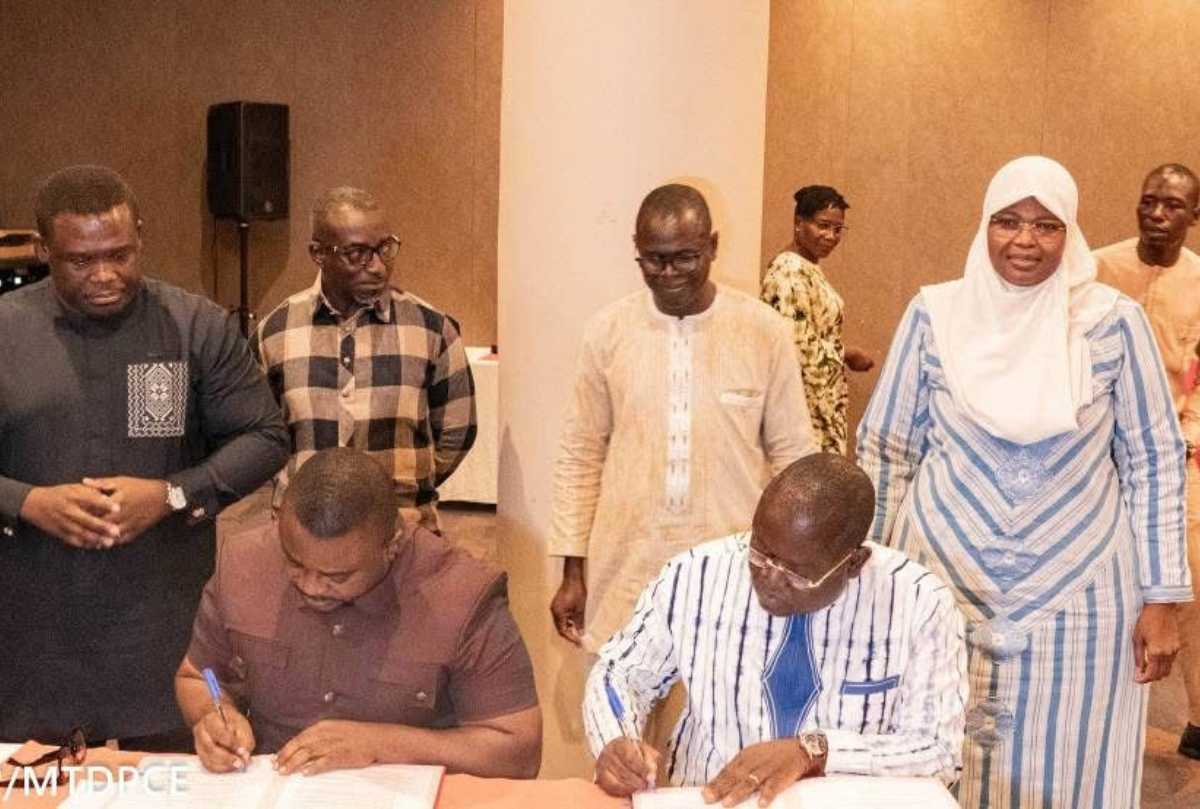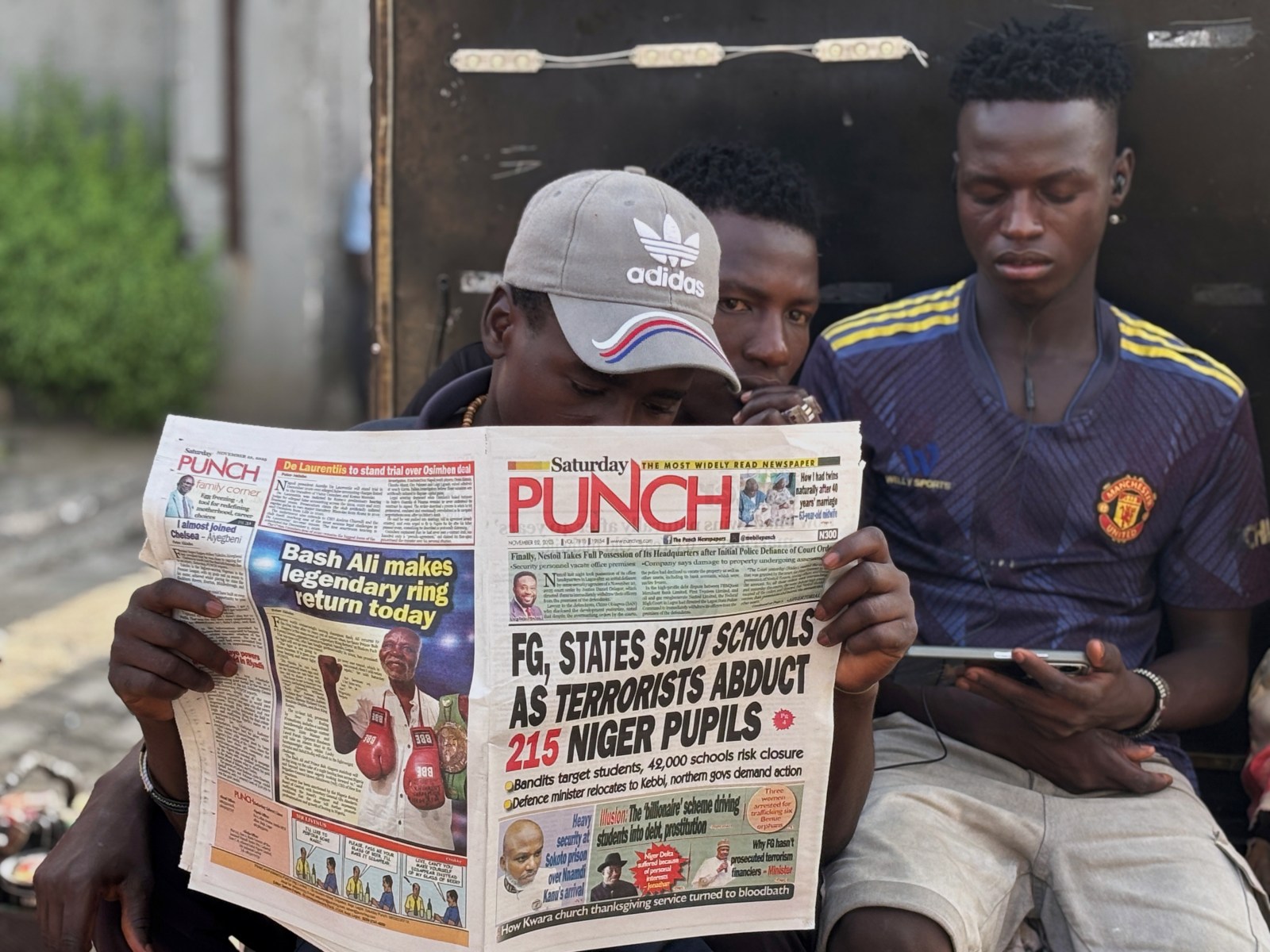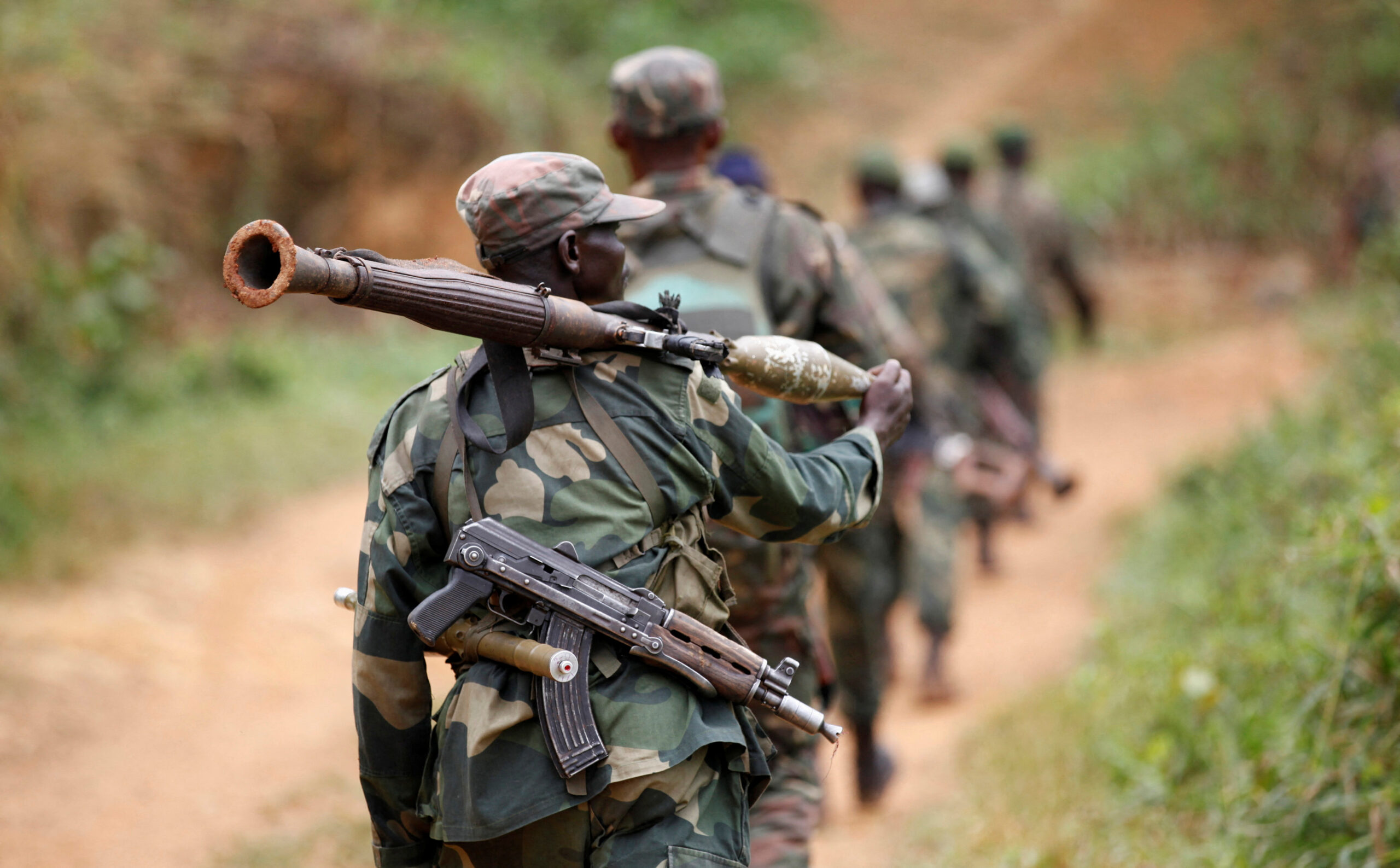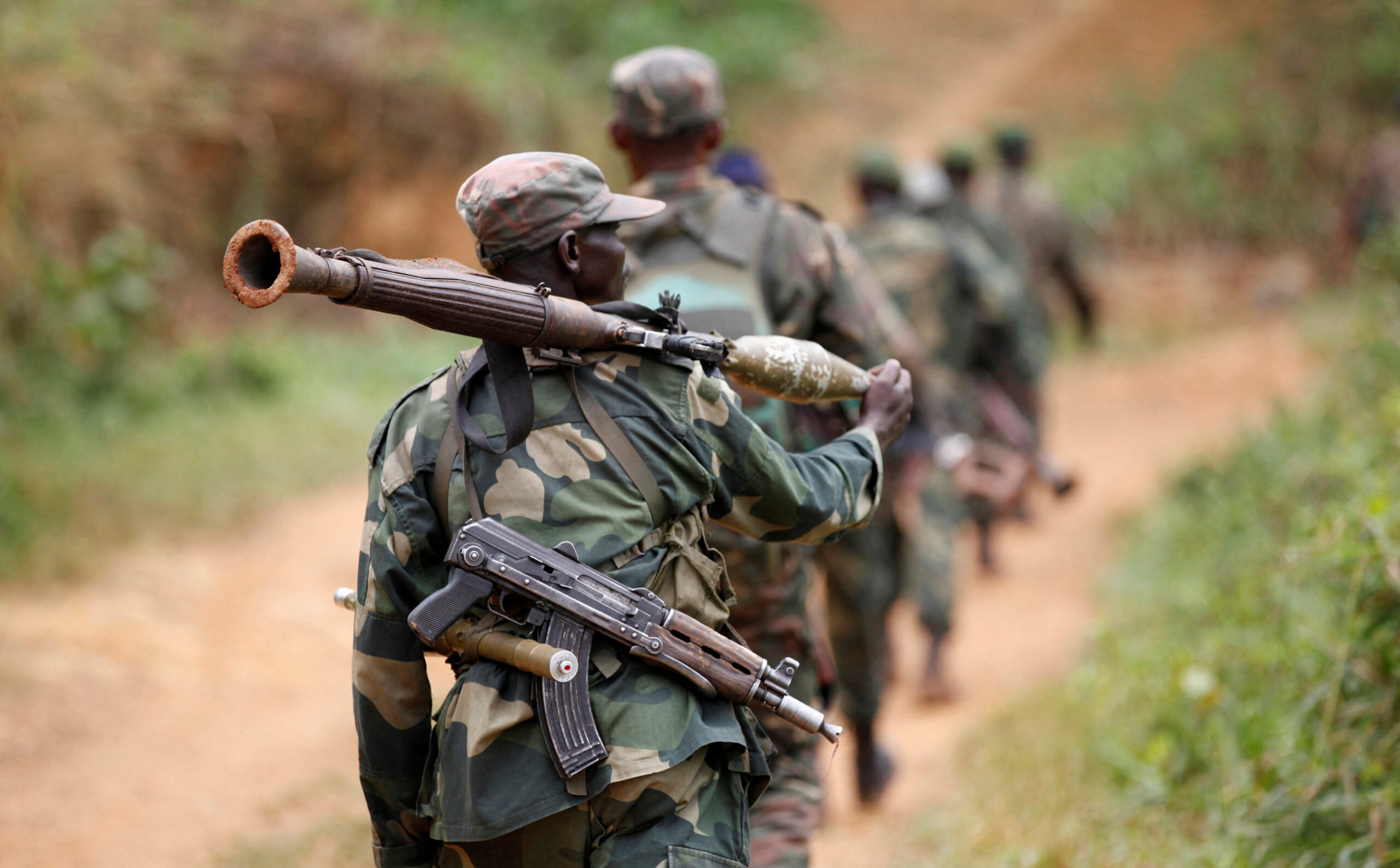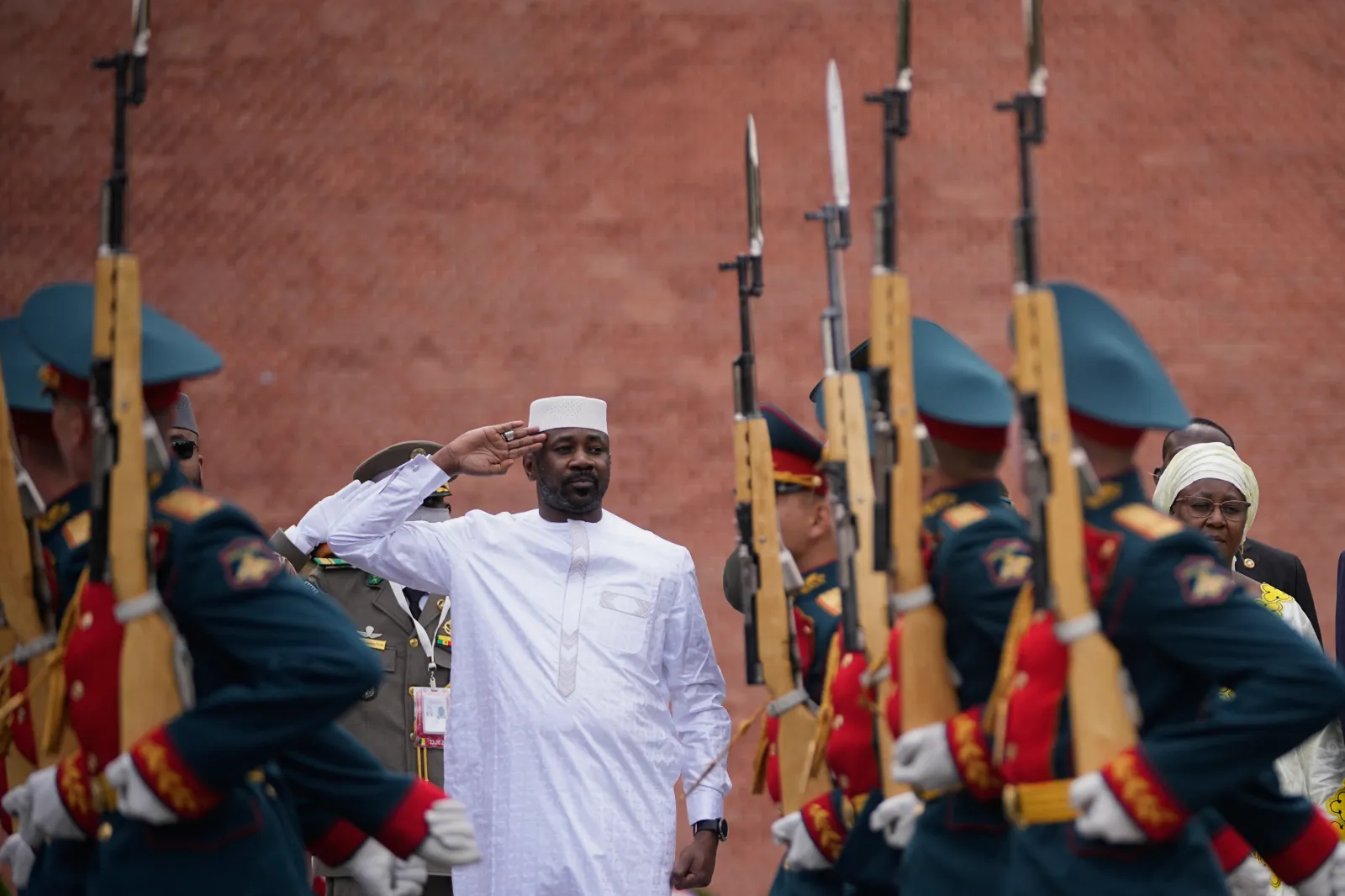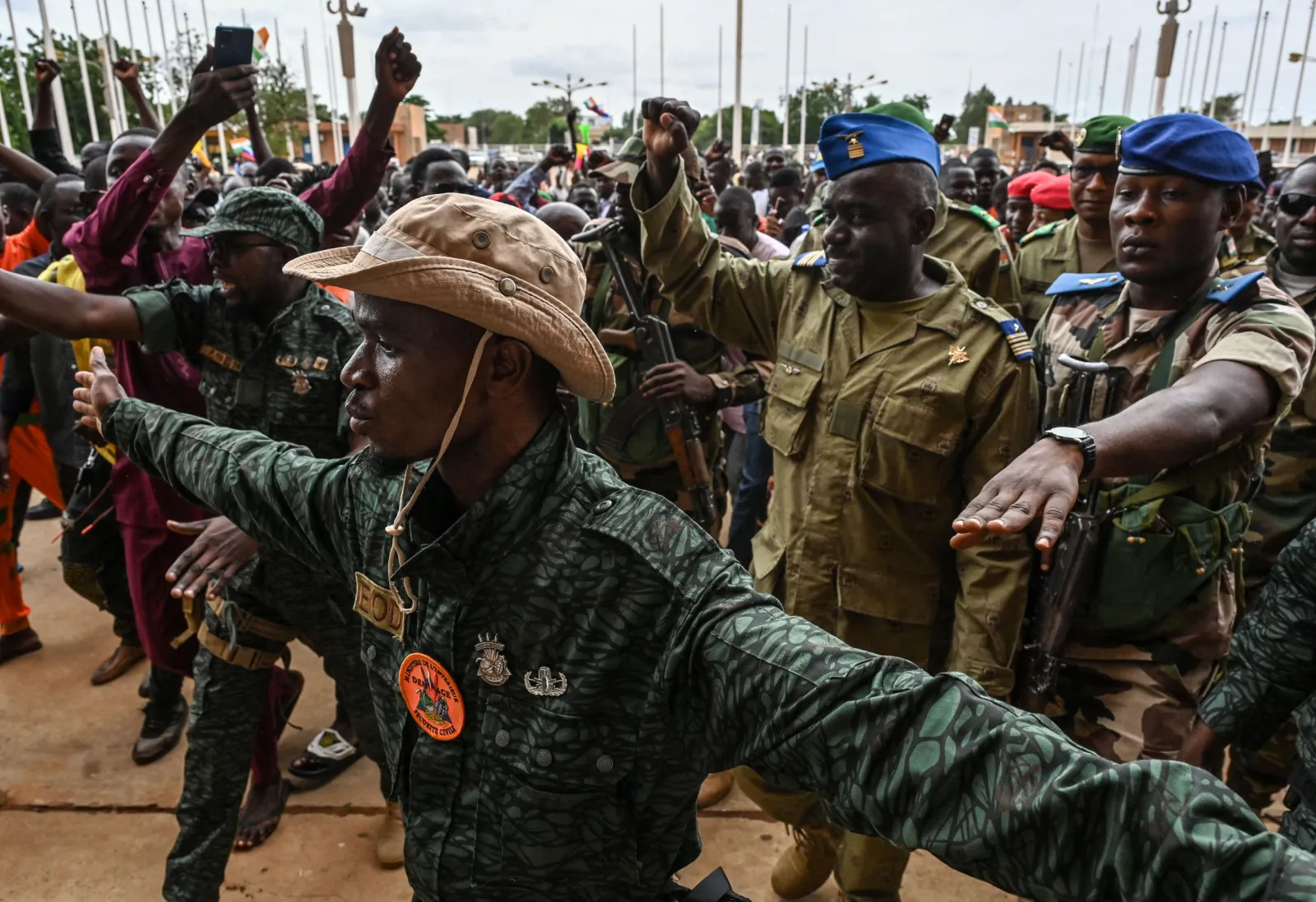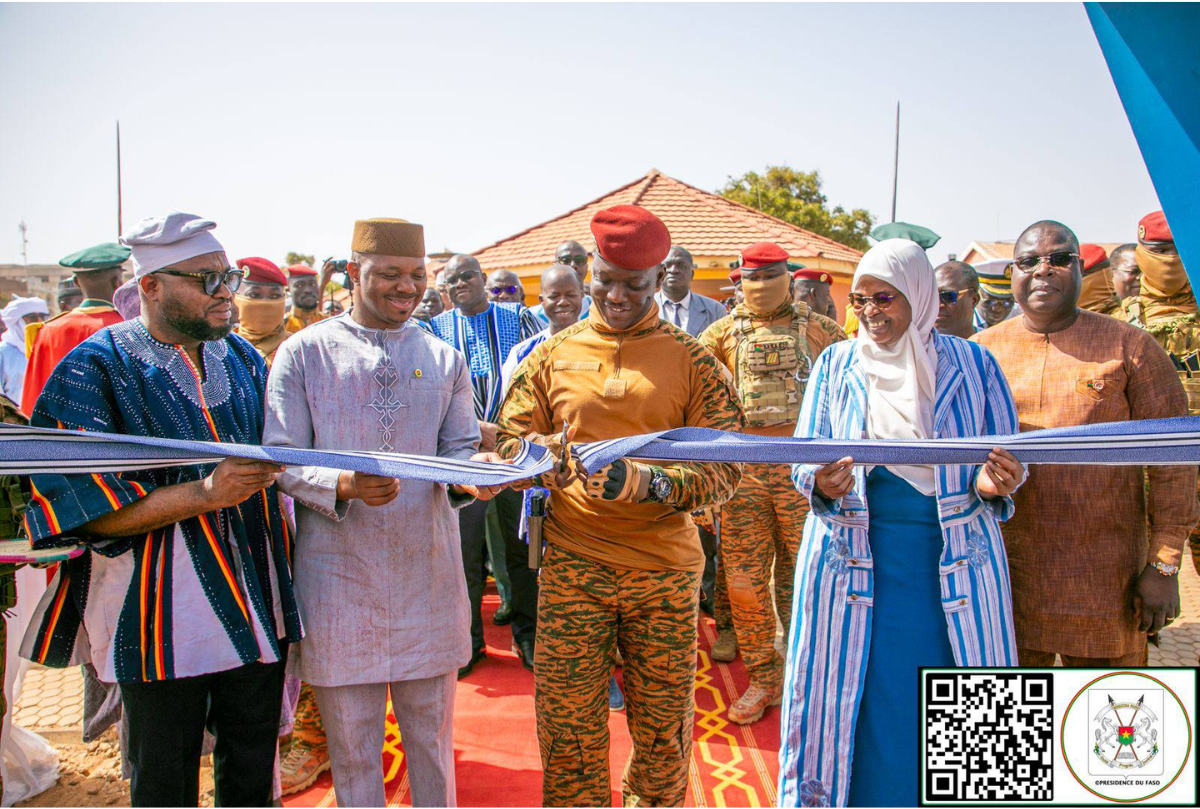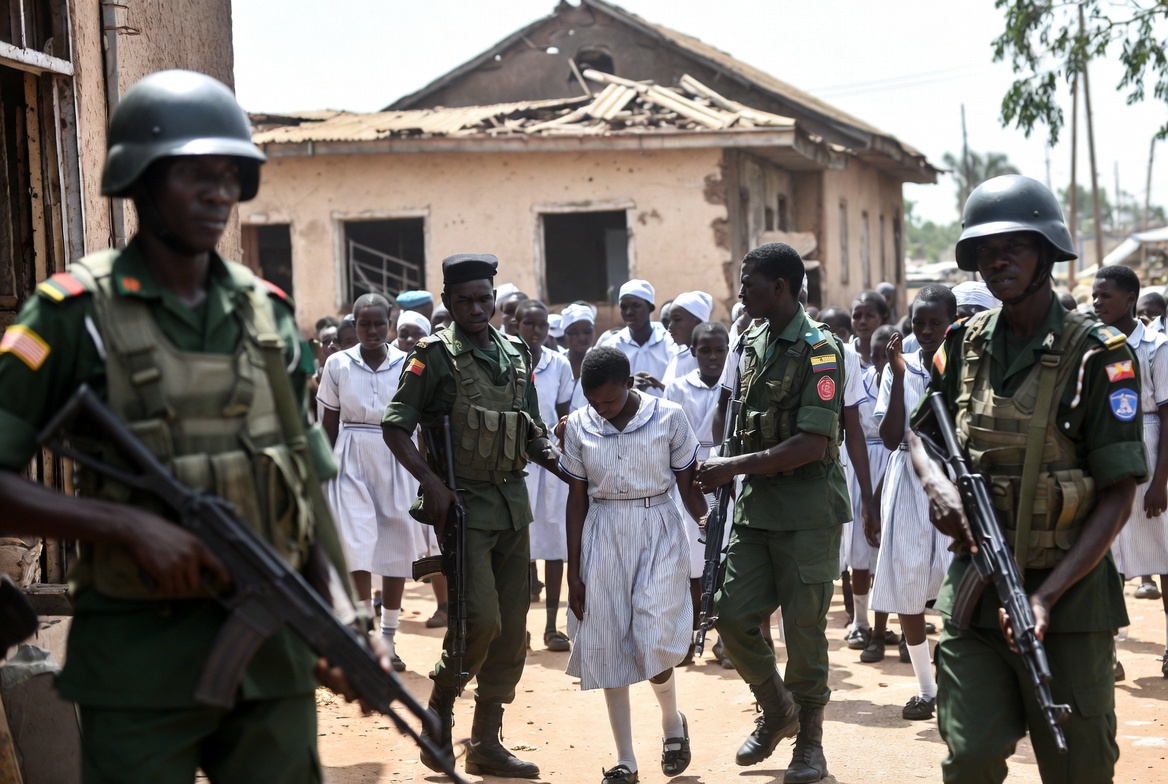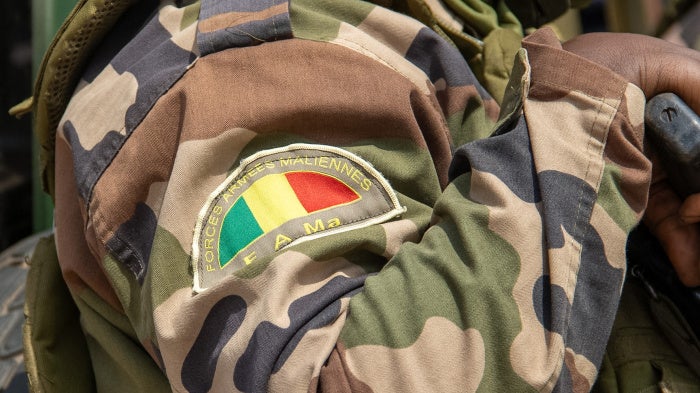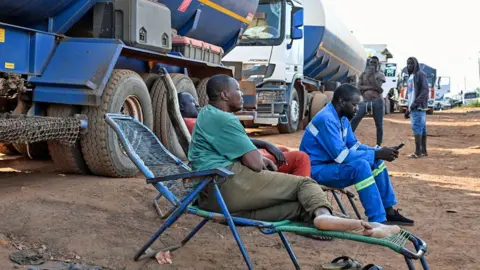
Mali’s Fuel Crisis: A Sahelian Struggle, Geopolitical Tensions, and Shifting Attitudes
The Sahel region, more than a decade after the 2011 Arab Spring, remains a pivotal hotspot of tension and humanitarian struggle. Right at its heart, we find Mali, grappling not just with persistent instability and jihadist insurgencies, but now a crippling fuel blockade. This isn’t just a minor inconvenience, it’s a crisis paralyzing daily life. Imagine long queues snaking around petrol stations in Bamako, drivers like Sidi Djiré unable to work, and essential services grinding to a halt. This blockade, imposed by al-Qaeda’s Sahel branch, isn’t random; it’s a calculated tactic to exert pressure and undermine the Malian government, deepening the country’s already severe economic woes. It’s a stark reminder that the Sahel war, though rooted in historical grievances and economic hardship, continues to evolve, drawing in new tactics and actors, destabilizing markets across the region.
What’s truly fascinating, and troubling, is how this internal struggle in Mali is tangled up in a much larger geopolitical chess game. Discussions constantly swirl around France’s historical and military presence, now contrasted with Russia’s emerging support for Malian authorities. This international power play adds a volatile dimension, making genuine peace and stability efforts incredibly complex. The fuel shortage, for instance, isn’t just a local issue; it’s a direct consequence of these layered dynamics, as jihadist groups innovate their tactics to control resources and influence politics. For a deeper dive into the immediate impact, you can read more about the Mali fuel blockade. This complex mix of insurgency violence and socio-economic disruption highlights just how challenging the situation is, with regional implications extending far beyond Mali’s borders, threatening stability in neighboring countries like Burkina Faso.
Beyond the geopolitical maneuvers, Mali faces significant internal challenges, particularly concerning population movement. Decades of traditional mobility patterns and economic needs have shaped cross-border flows, now complicated by conflict-driven displacement. Interestingly, recent surveys show many Malians are skeptical about free cross-border movement, worried about security, resource competition, and social cohesion. They actually want stricter immigration controls, showing how conflict reshapes public attitudes toward regional integration. So, what’s the path forward for a country caught in such a bind? It’s clear that a nuanced approach addressing both security and socio-economic dimensions is vital. This means stronger coordination among regional actors and international partners to dismantle extremist networks, restore essential services, and rebuild trust in governance. The competing global influences of France and Russia must not overshadow the urgent need for sustainable solutions that strengthen Mali’s institutions, promote inclusive governance, and foster economic resilience for the entire West Africa region. Ultimately, understanding these intricate dynamics is key to anticipating what comes next in this crucial part of Africa, especially considering Mali faces a growing jihadist threat.

